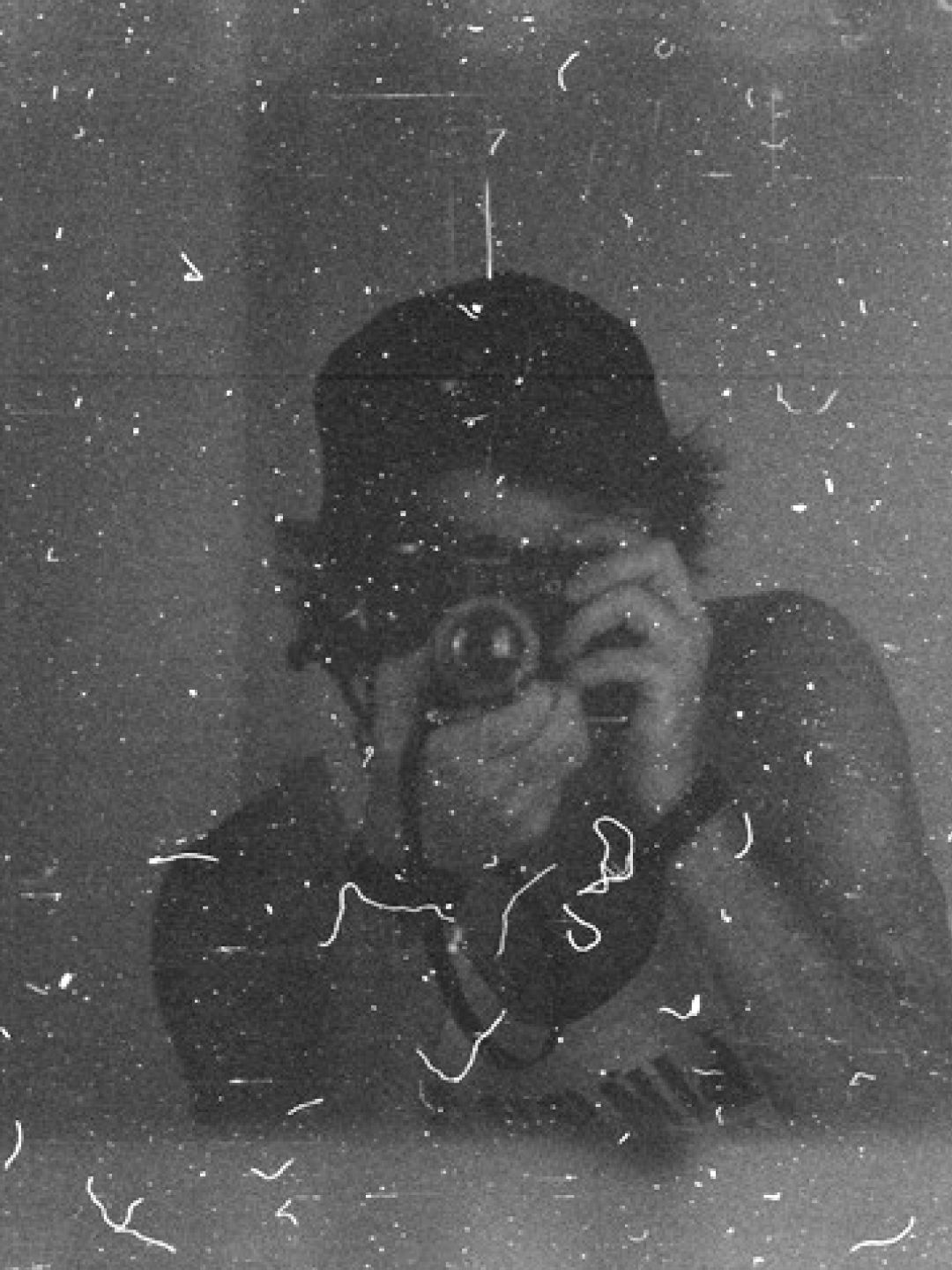Odysseus
For some reason, his parents named him Odysseus.
No one in the village knew where they got the name from — too long, too Greek, too not-from-here. In their small Brazilian settlement, tucked between mangrove trees and the waves of the Atlantic, people had simpler names: Zeca, Beto, Lúcia. But then came Odysseus. A boy with a name that sounded like wind that had forgotten where it came from.
His childhood was like rain in July — unwelcome, heavy, sticky. His father fished, but often slipped into drinking binges. His mother sold fruit by the roadside, where trucks rushed past with the indifference of gods.
The streets, like the grown-ups, offered shortcuts: cigarettes first, then mopeds, then guns. Those who accepted the gift left quickly — to prison, to the grave, or to the narco-favelas closer to the city. But Odysseus had a different ear. It didn’t listen to the neighbors’ yelling or bass from passing cars. It picked up music — even where it seemed there was none.
He could hear the old fridge humming an F note. The wires above the house rang in C-sharp. That ear came from his grandfather.
His grandfather didn’t live with them long. He had arrived from the south, bringing an old accordion and a legend: that in his youth, he’d played for some German filmmaker who had been “searching for the sound of rain in the Amazon.”
He used to say,
Music lives in anything — if you know how to wake it.
When his grandfather died, Odysseus found in his chest a broken transistor radio, a reel of magnetic tape, and a book on electronics in Portuguese and… French.
He didn’t know what a “synthesizer” was, but he felt it — this was what his village, the wind, and he himself were missing.
He started collecting sounds. First on a phone, then on an old laptop gifted by a teacher. He recorded the hum of moths, raindrops on tin roofs, birdsong, and fragments of voices. He cut them, layered them, stretched them — made something new. Music, where the village lived on — just from the other side.
He was invited to play at church, then in the city, then on the radio. Odysseus became Odysseus — the name on a poster: an electronic musician from a place that barely had reliable electricity.
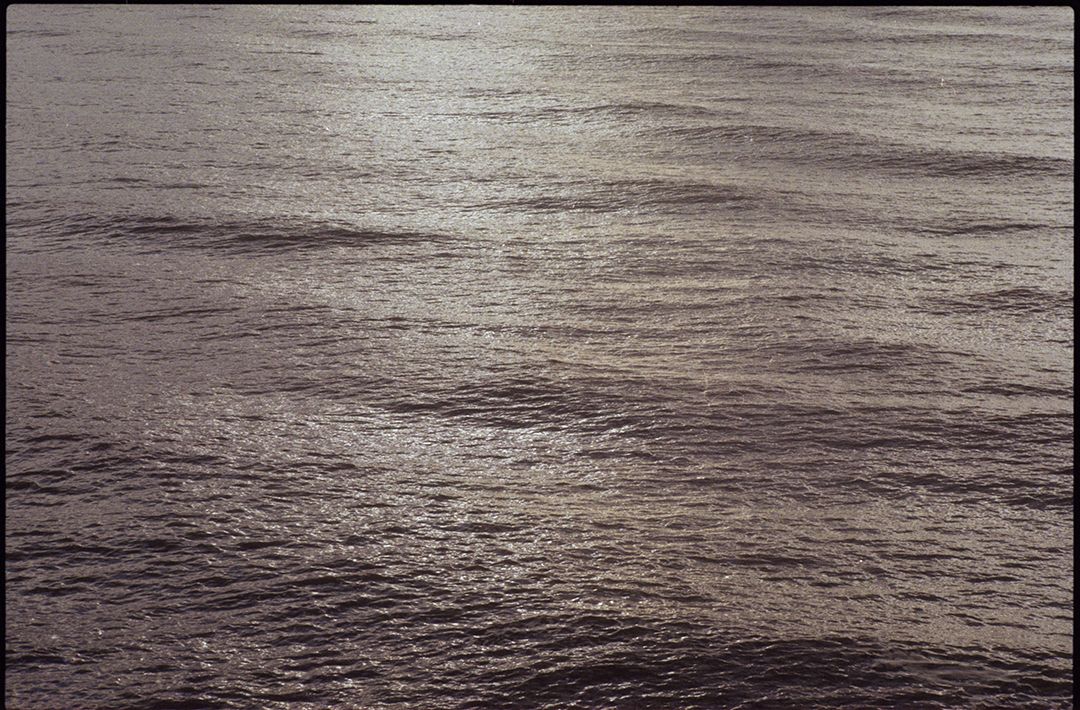
When he left — first to Recife, then to São Paulo — he didn’t know how to leave the village behind. It was inside him: in the 432 Hz tuning, in the chord of rain, in the ocean’s breath crashing against the shore like a heartbeat.
He didn’t return often, but in every composition he slipped in one sound — almost inaudible, just above the threshold of hearing. It was the ocean from his village. The same recording, captured the day he left. In Europe, at first, they didn’t understand him. People there loved clean sound, clean stories, clean concepts. He had noise, gaps, dirt under his nails.
He spoke to producers through accents, sometimes gestures — mostly, through sounds. At his first European festival, someone described his set as “a sonic collage of tropical psychosis.” He didn’t know for a long time whether to take it as an insult or a compliment. But they listened.
He lived in Berlin, then Lyon, then in a small village in northern Portugal, where the air sounded almost like home — only cooler, more reserved. It was there he wrote his first full album: “Mar de Dentro” — “The Sea Within.” An album with no words, only voices: of the past, of his grandfather, the wind, the insects, the fire in the stove.
They still whispered music to him.
By then, he was already touring concert halls that once hosted orchestras. They called him “the sonic shaman of a forgotten world.” He laughed sometimes — if neighbor José from the maize fields could hear this, he’d either die laughing or from jealousy.
He had a family now — European. A light-eyed woman he met at a field recording workshop in Prague. She recorded metro sounds, he — the breath of a giant moth in Brazil. When their son was born, he named him Irian — after an island he’d only seen on a map, but whose name seemed to hold wind, softness, and mystery.
He taught Irian not to listen to what came from speakers, but to what lived behind it: the vibration of the floor, the hum of the fridge, the crackle of wind in window seams. The way his grandfather had once taught him.
One night, already older, he got a message from an old classmate — the only one still alive.
“Zeca’s dead.”
Odysseus didn’t recognize the name at first — which Zeca? Then it came back: the one who used to draw guns on the walls and dreamed of becoming “king of the favela.” He logged into an old social network and began looking up names from the past.
Lúcia — dead, overdose.
Beto — shot by police.
Diego — “disappeared.”
All that was left were digital ghosts: faded photos, fake accounts, frozen profiles. He stared at the screen for a long time. Then he got up, walked outside, and headed to the sea. Not his sea — a cold European one — but still, the sea. There, at the water’s edge, he suddenly heard an accordion. Clearly. Of course, no one was there. But he knew — it was his grandfather.
No words. No advice. Just sound — soft, nostalgic, slightly off-key — and in that crooked note was truth. He understood then: his life had never been an escape. It had been a voyage. And the accordion — even without hands to play it — had guided him. Like a sail. Like a talisman.
Sometimes, when he played large halls, he would hook up his synthesizer to that old reel of tape with his grandfather’s noises. The audience couldn’t hear it — it lived in low frequencies, at the edge of perception.
But it was there. Like the village. Like his grandfather. Like the music that saved him.

Where Morning Begins
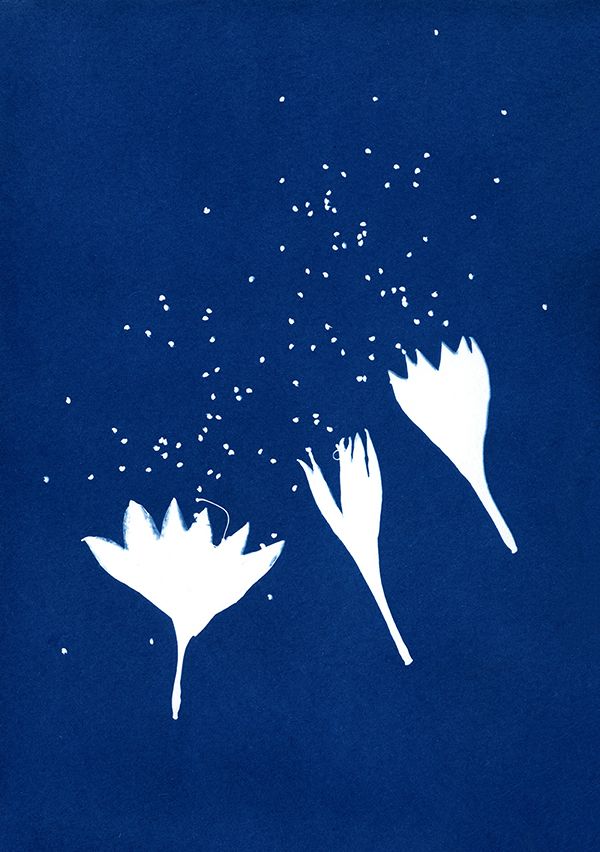
Sun Kissed Flowers

I listen to the bread
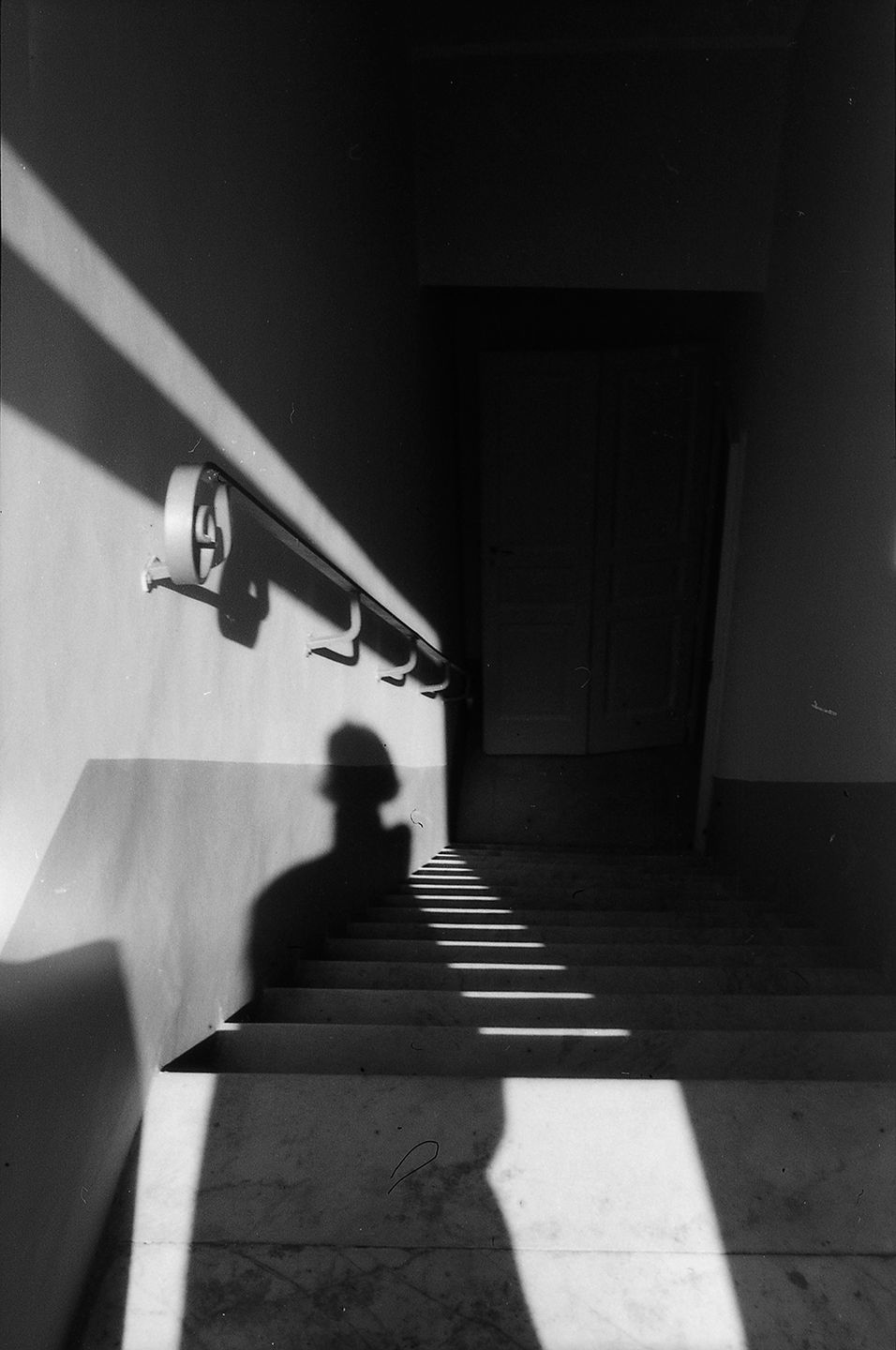
Shut Up and Shoot

Twenty Two
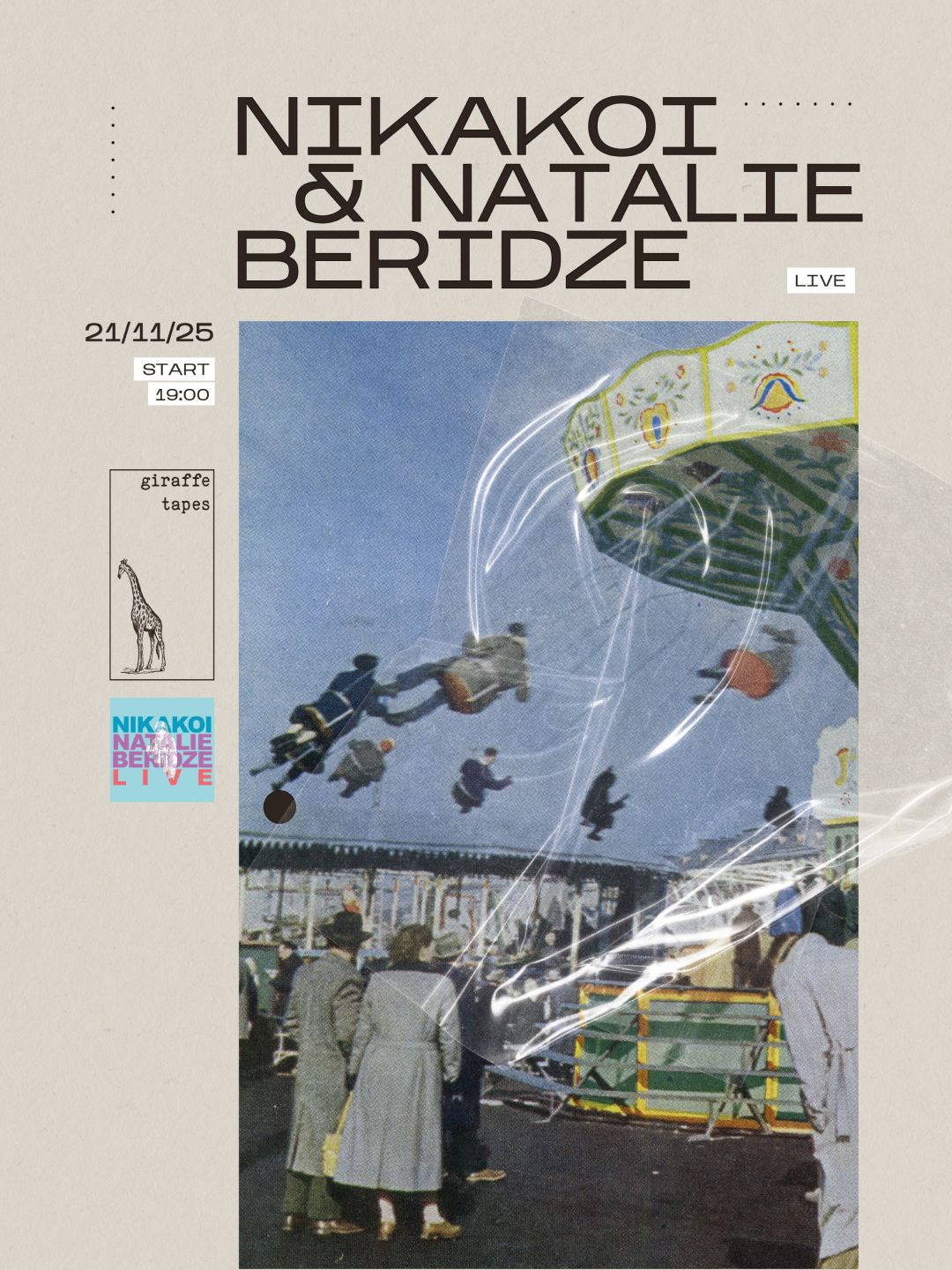
A short note before Friday
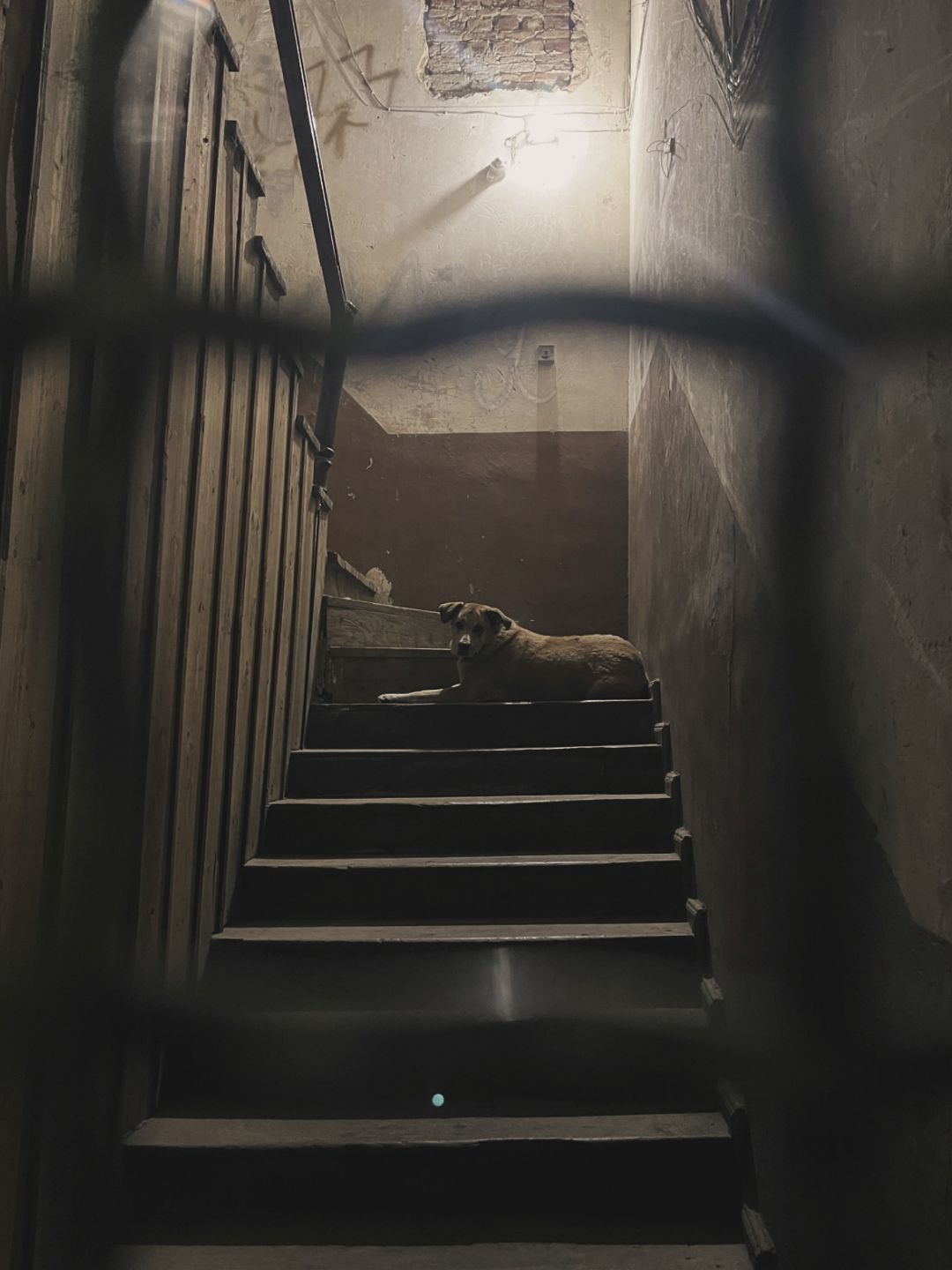
Bambusikha

Cardamon Spell — one day only
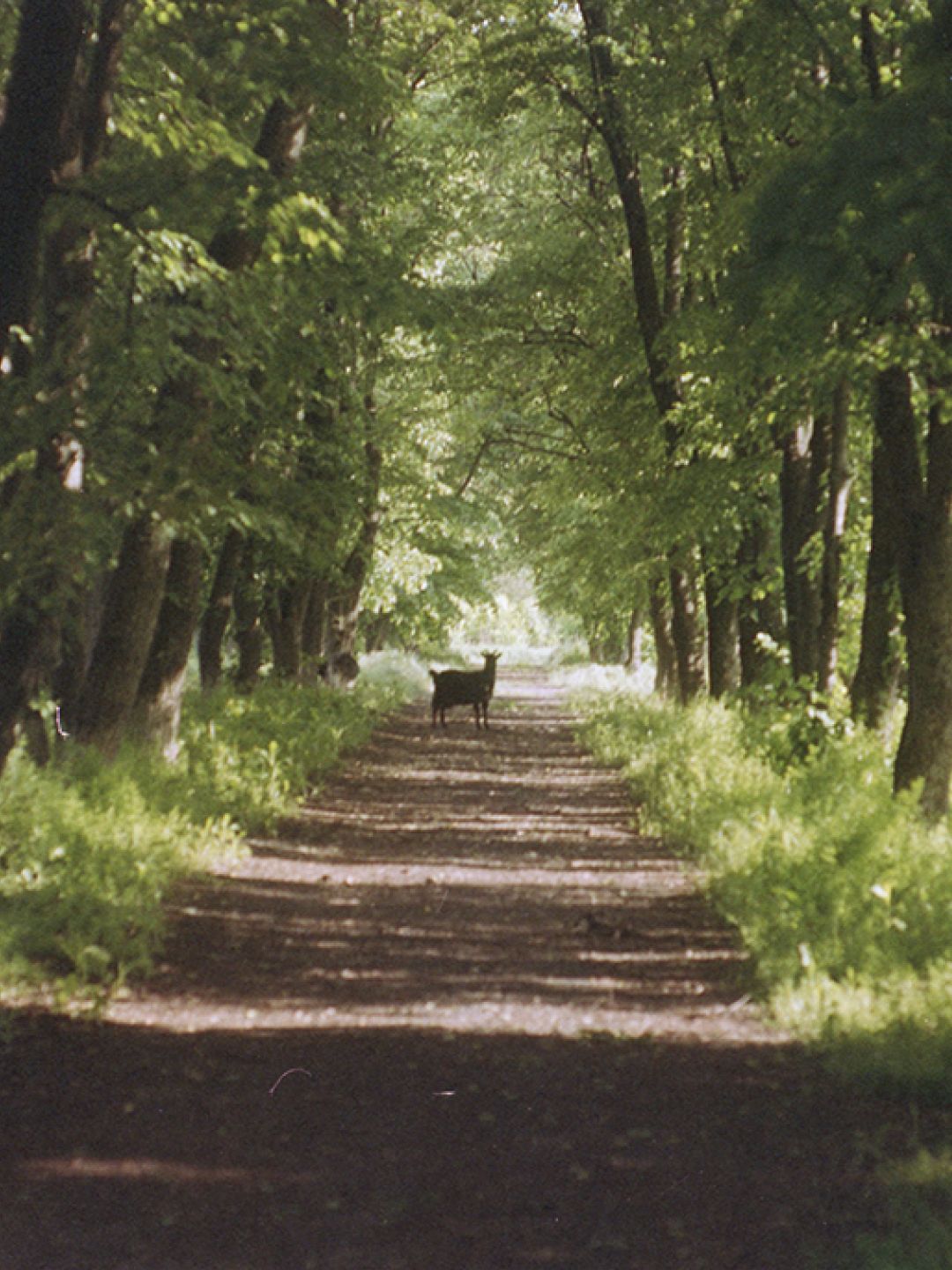
The Road to the Meadow of Awakening
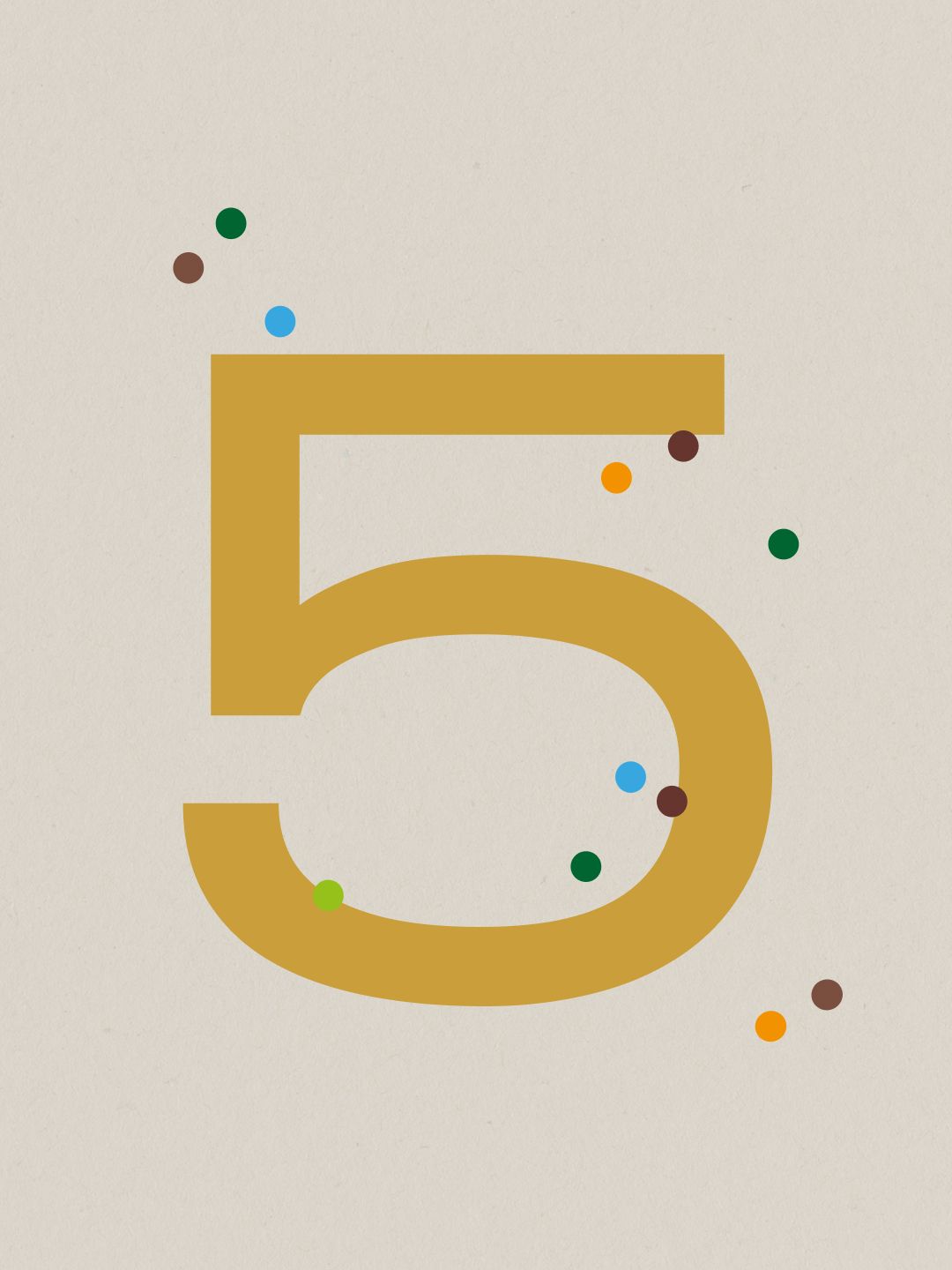
Giraffe Tapes returns home
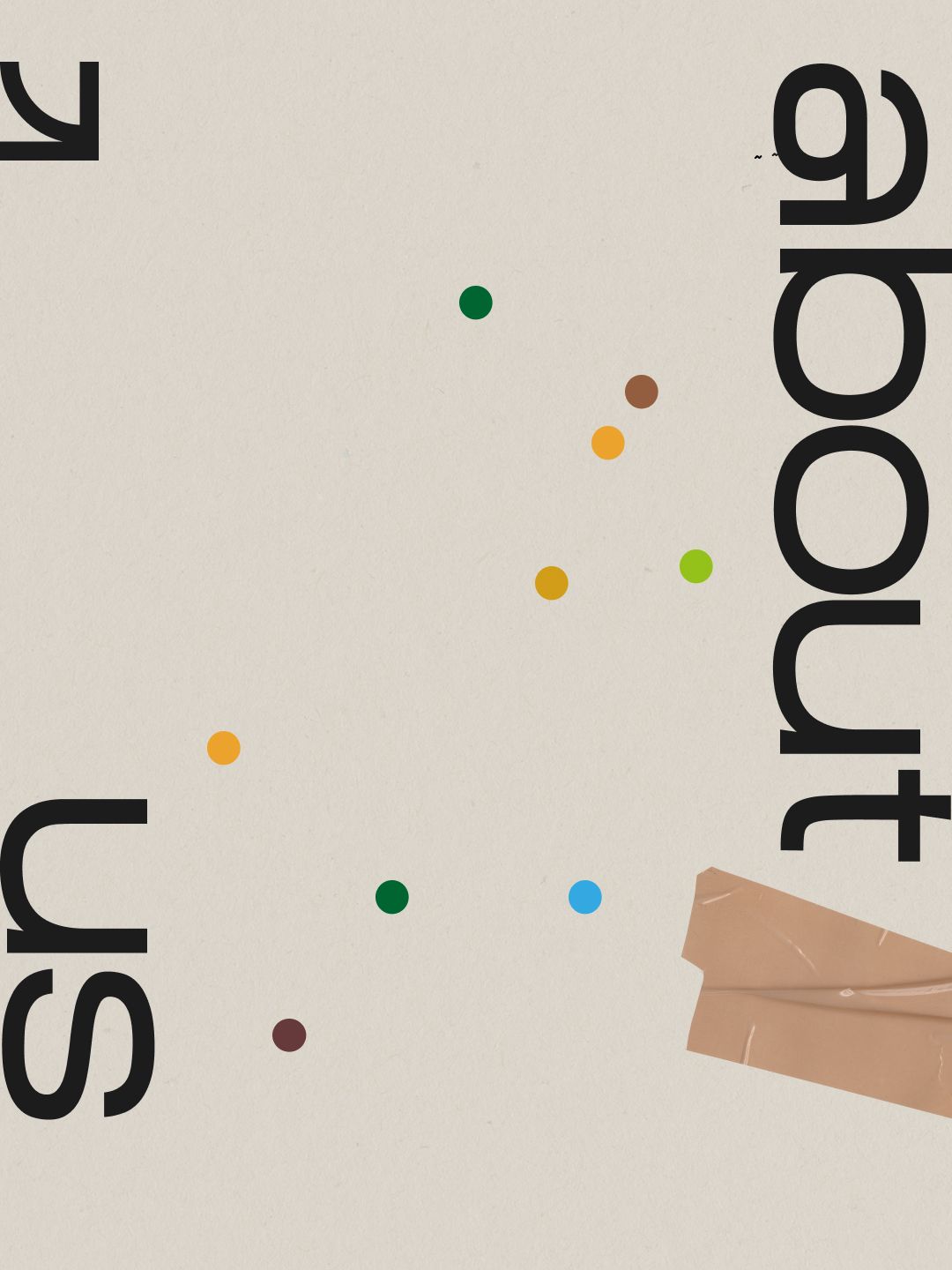
About us
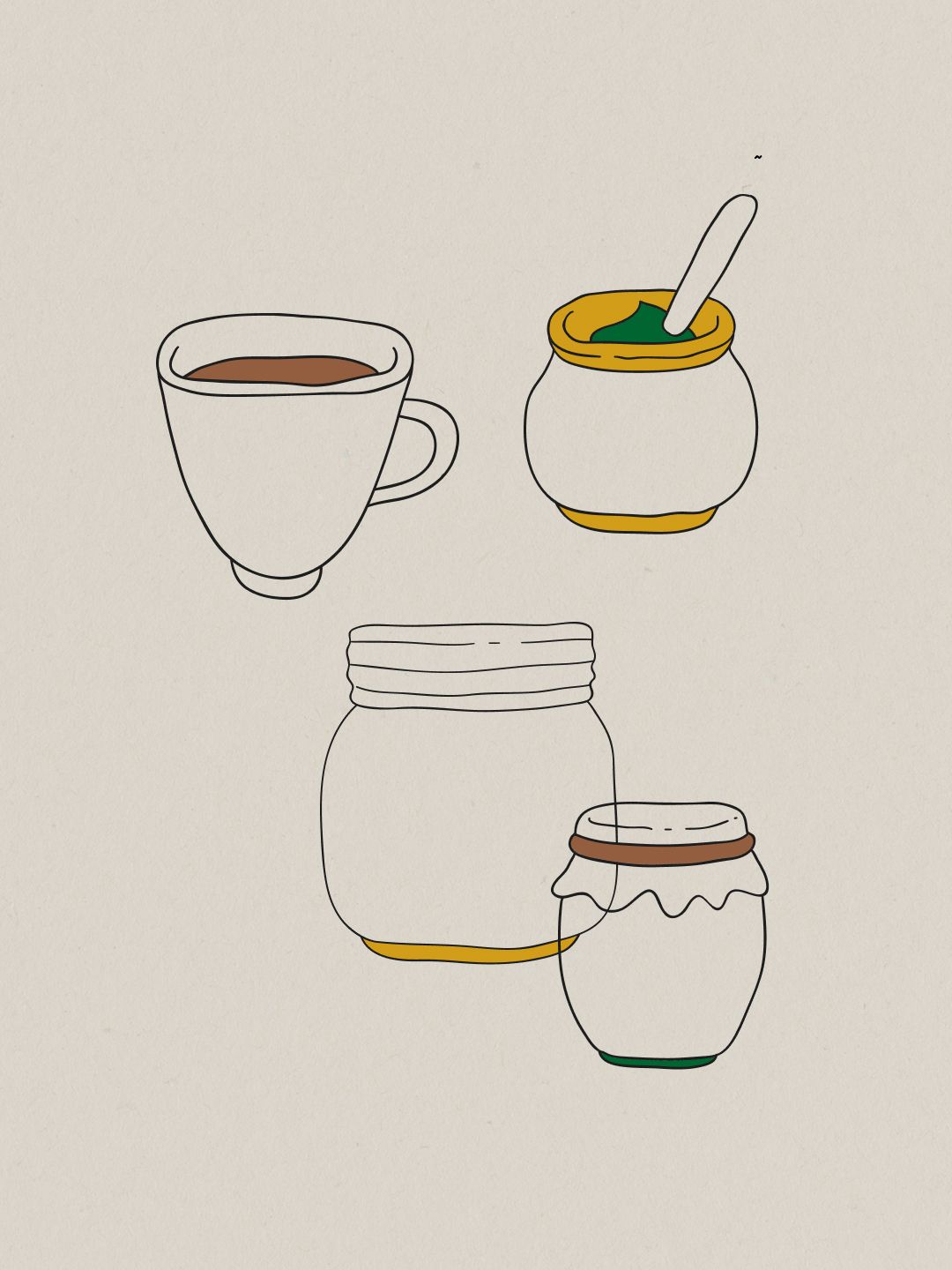
GiraffeHome — a place where food remembers why it was created
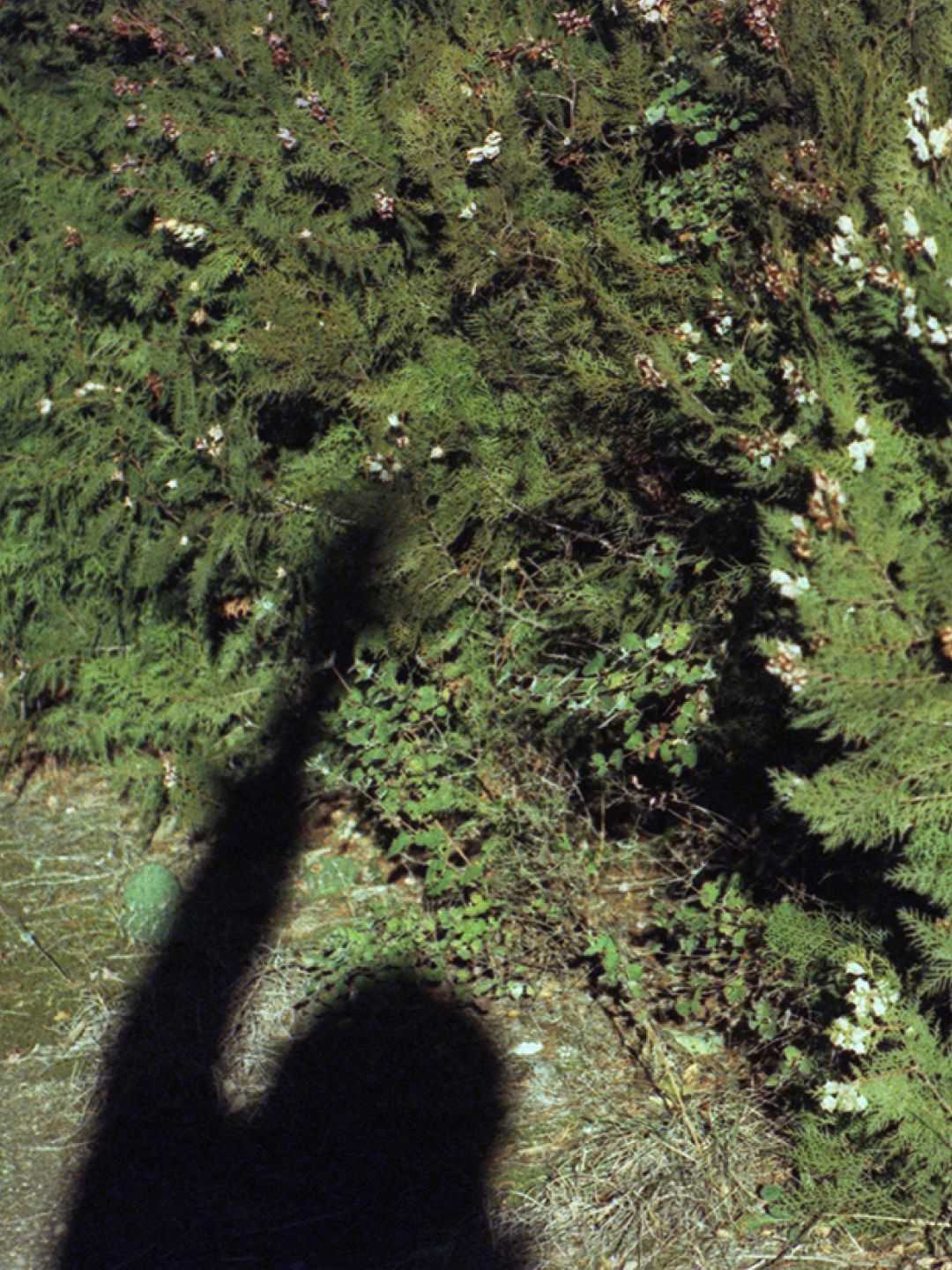
The Shadow That Knew the Light
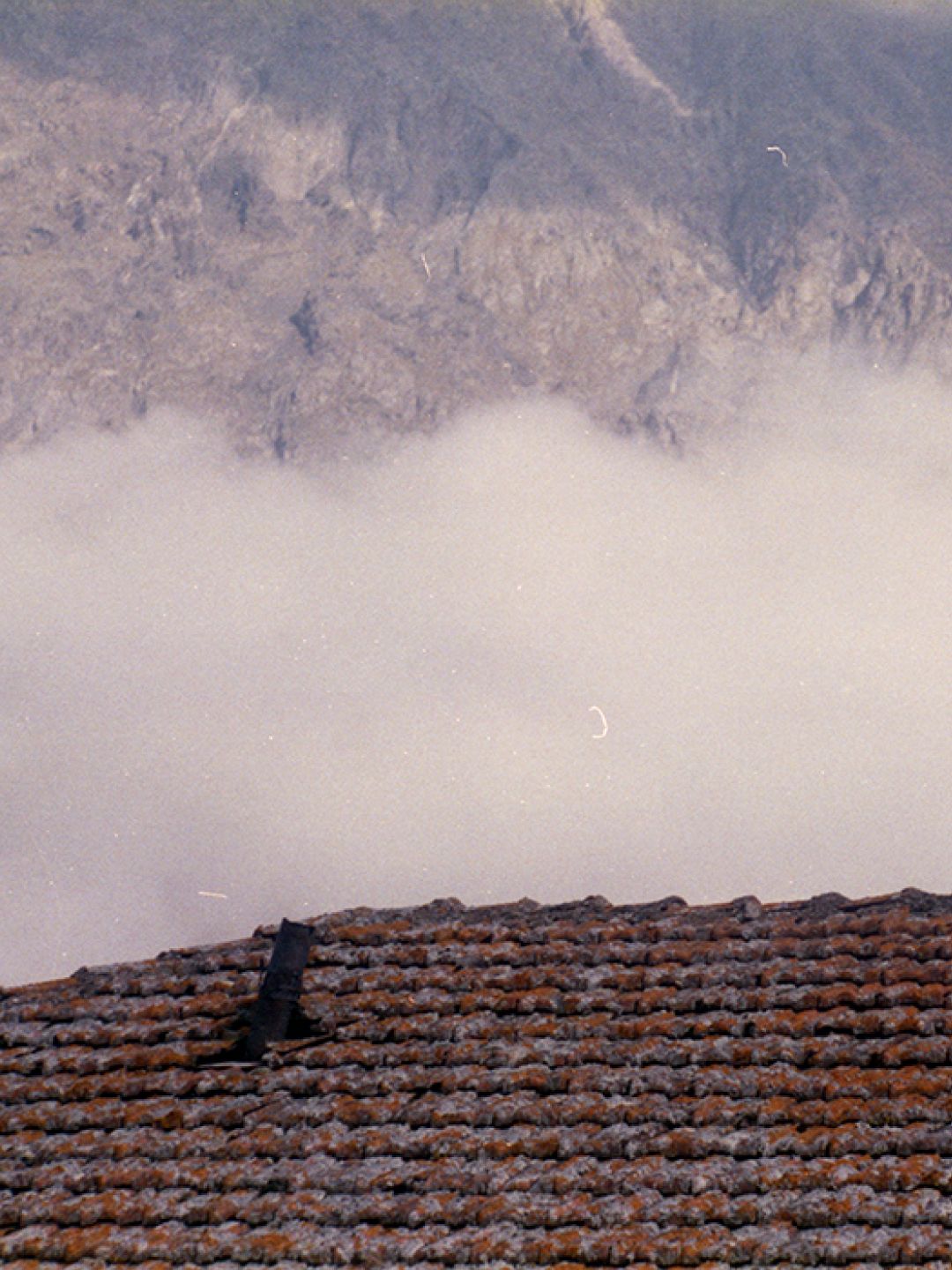
The Fog That Remembers

The Alchemy of the Sea Buckthorn

Fado of the Dying Sun
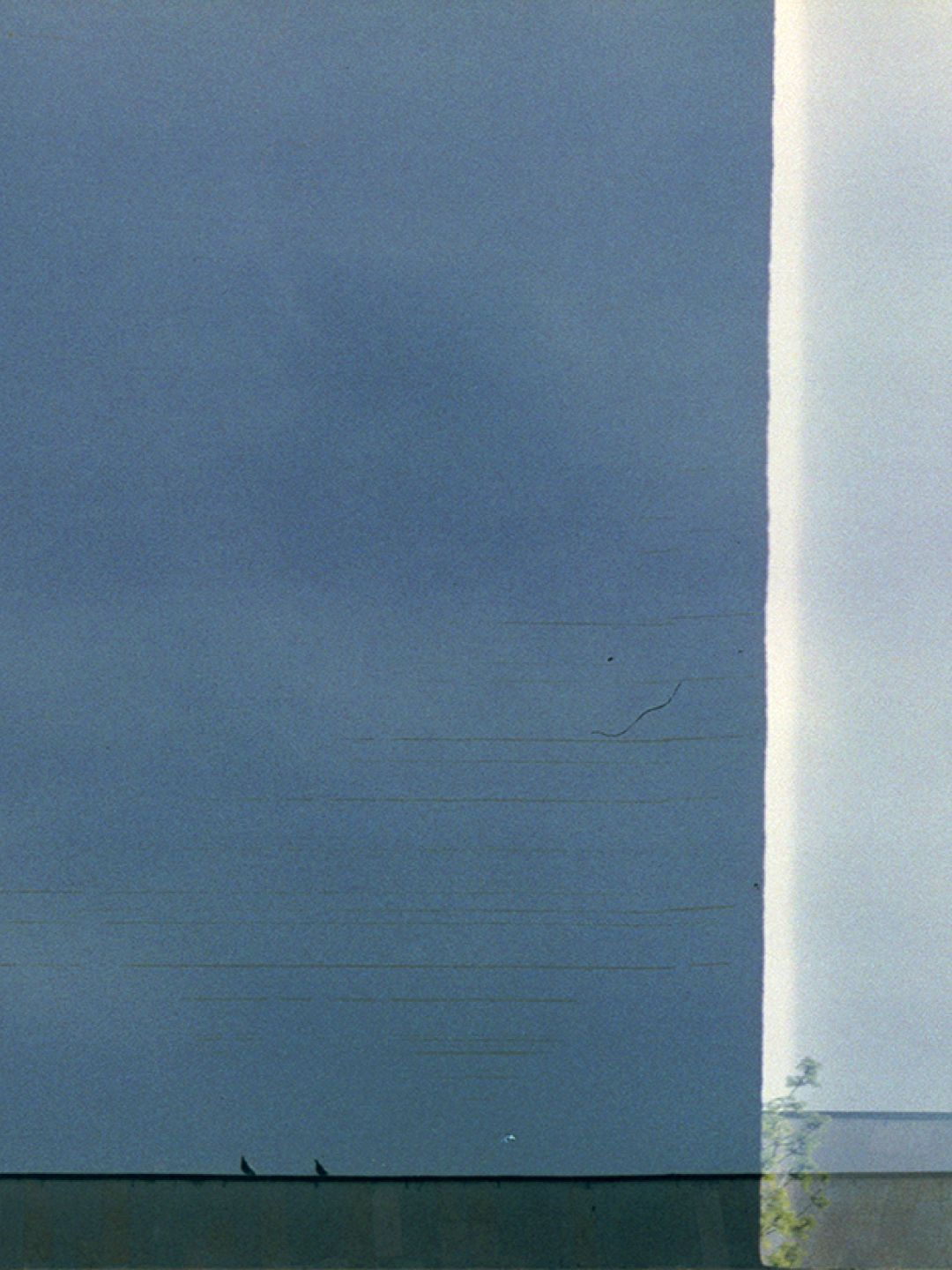
Peter’s Pigeons

Whispers of the Acacia
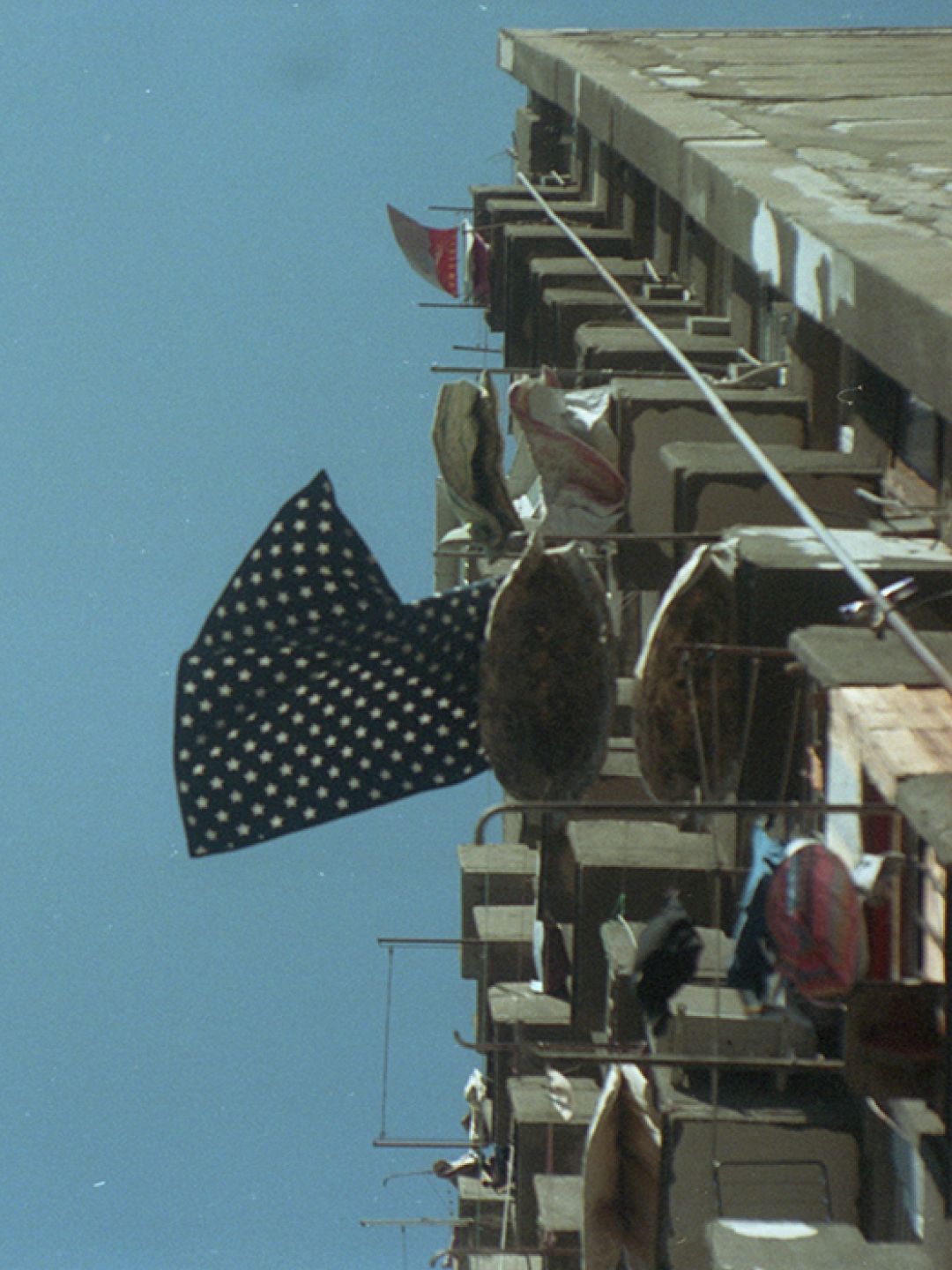
Miro and the Three Days
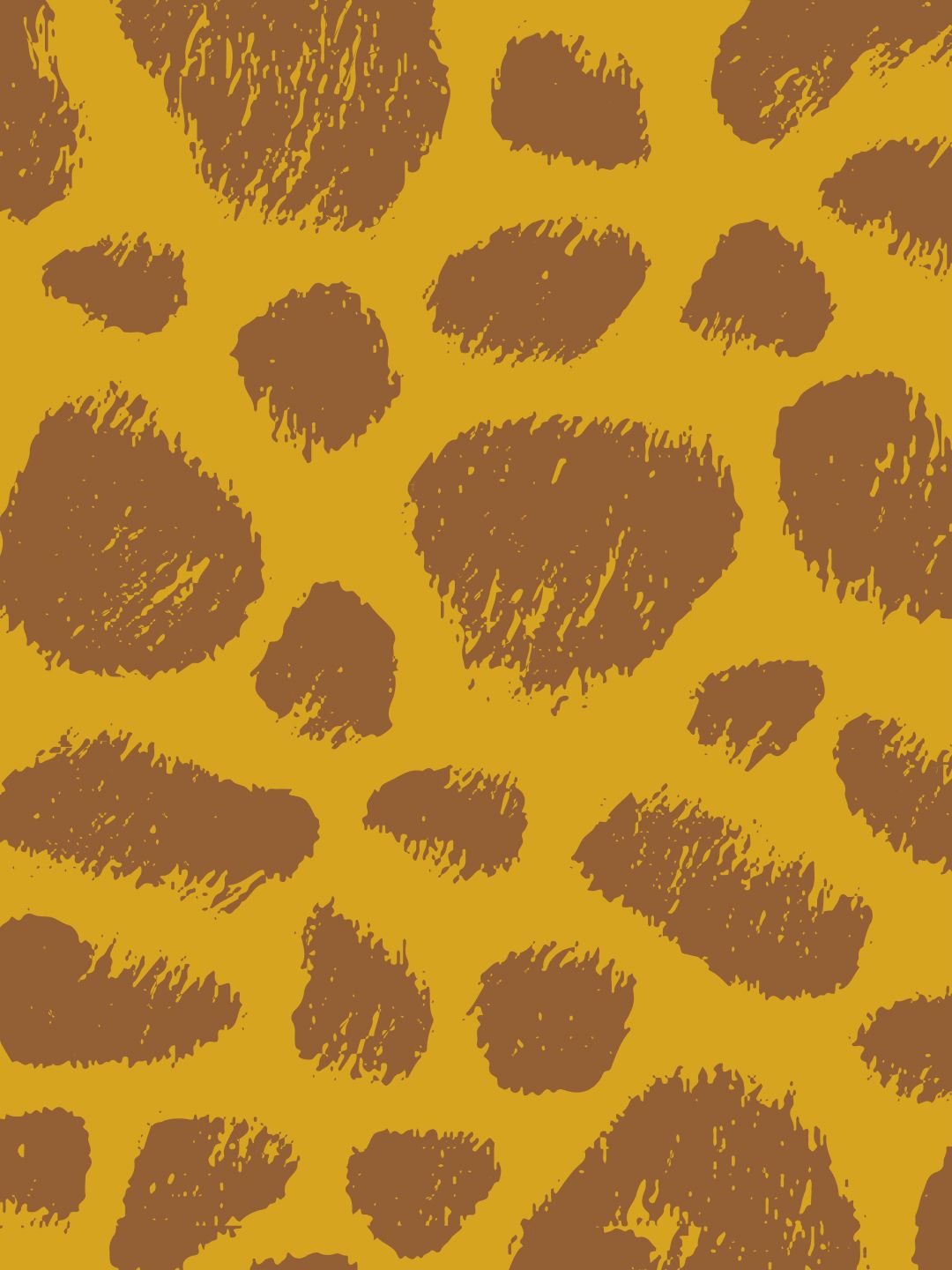
Lift your gaze

Igo and the Silence He Heard

Lucia and the Voice That Woke Up Late

The Kitchen Where the World Comes Alive
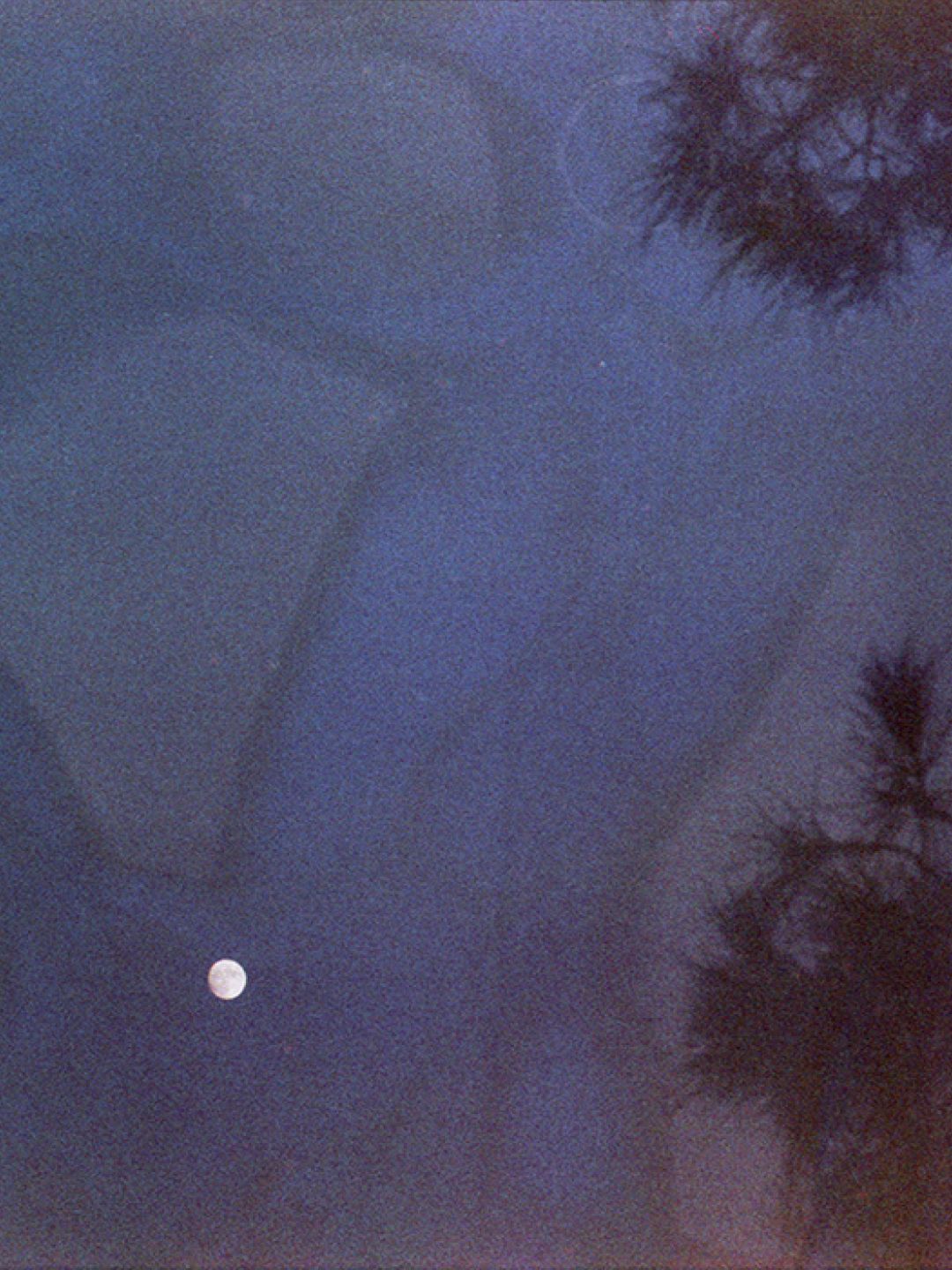
I, Tejo, Architect of Unspoken Worlds
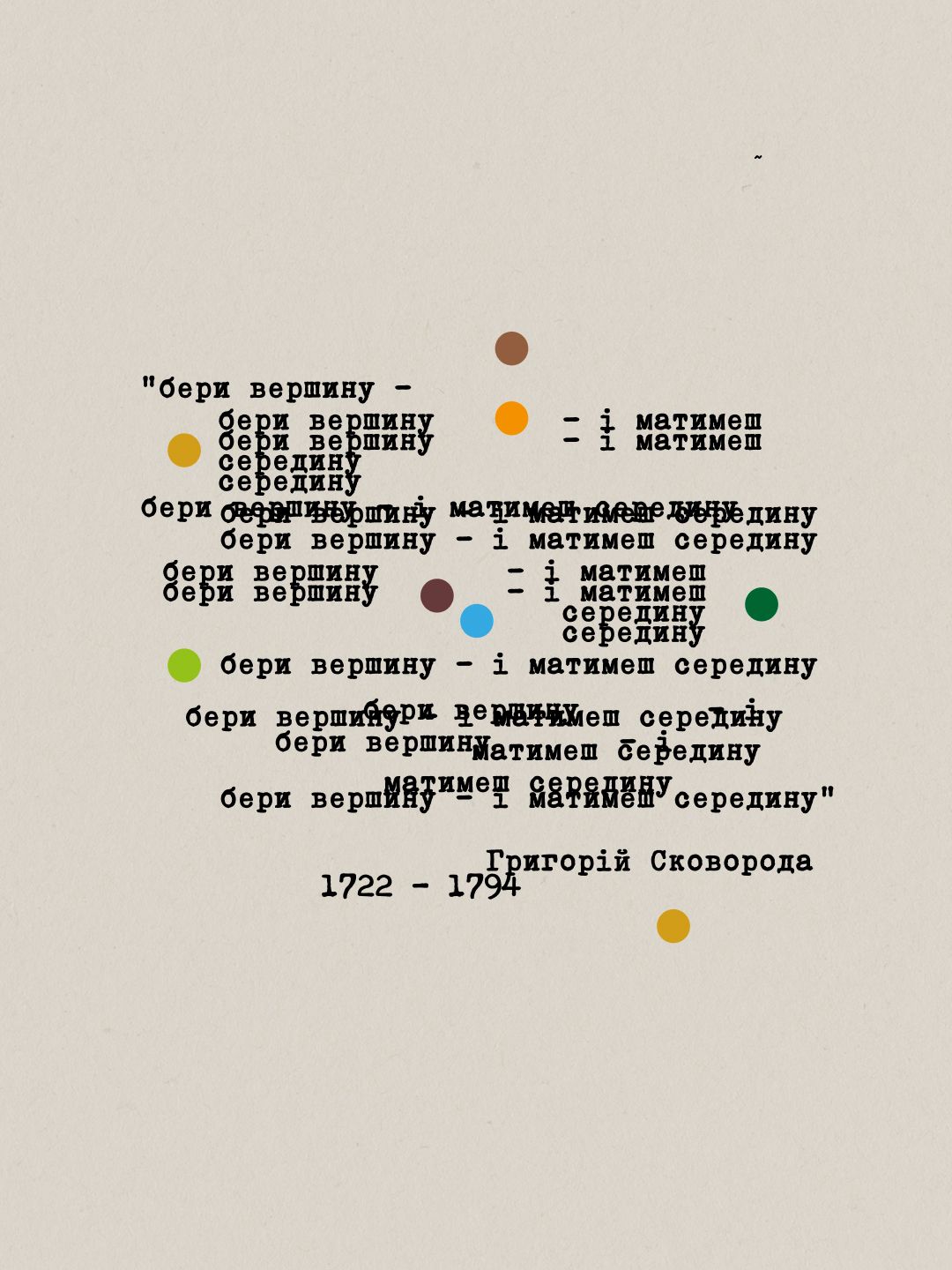
The Summit That Breathes Light
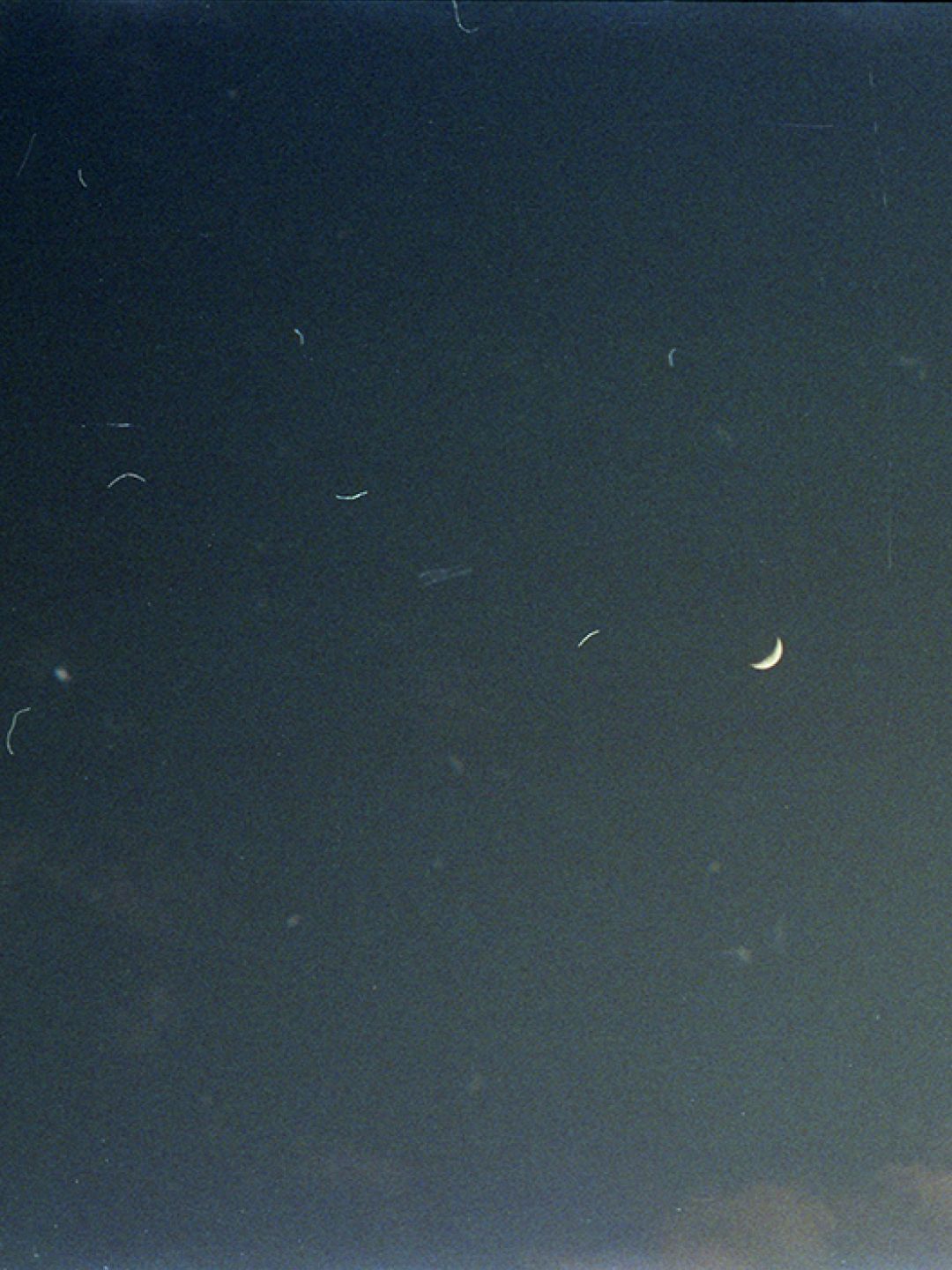
Where the Crickets Sing
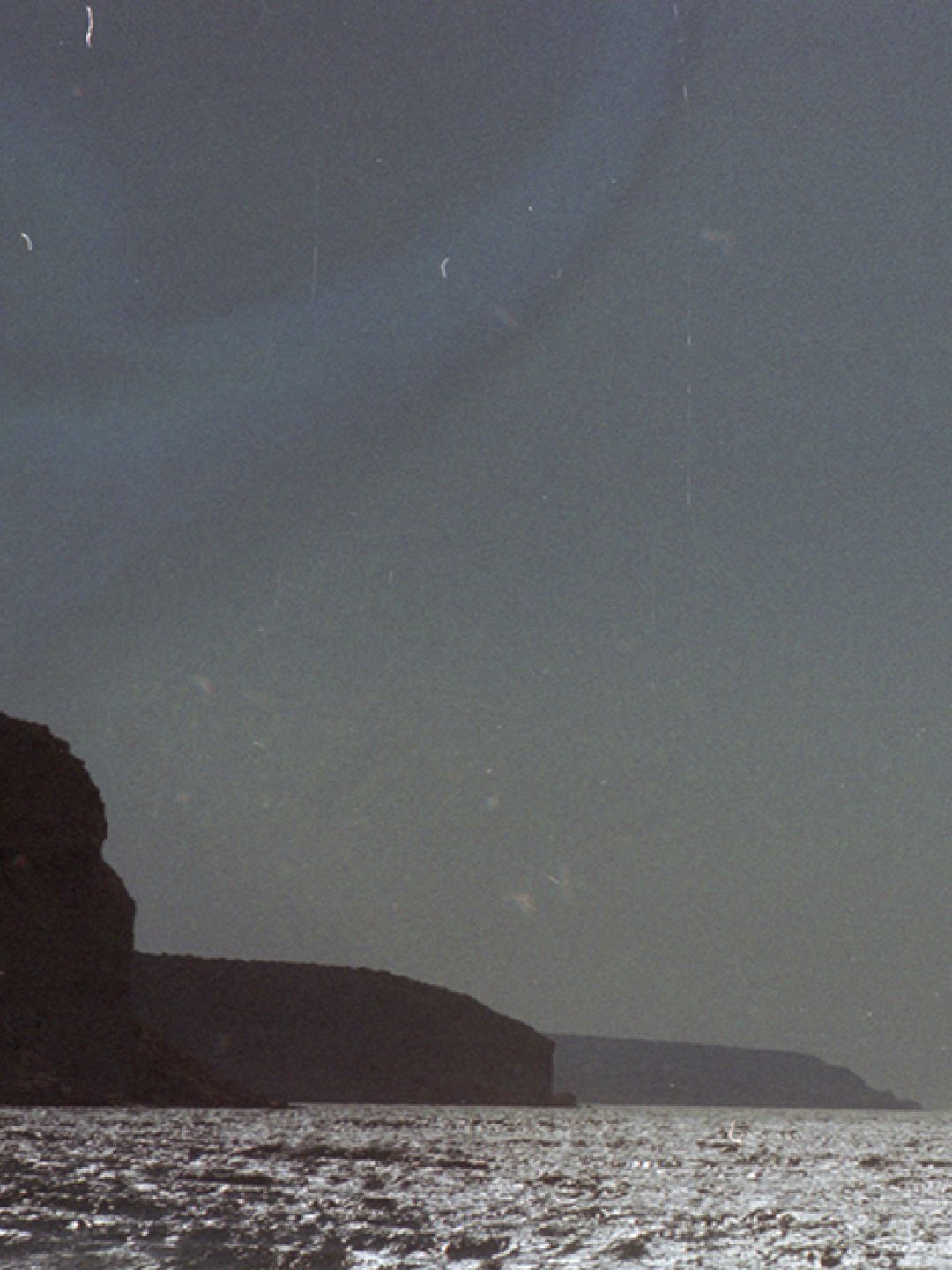
To my grandmother Annushka
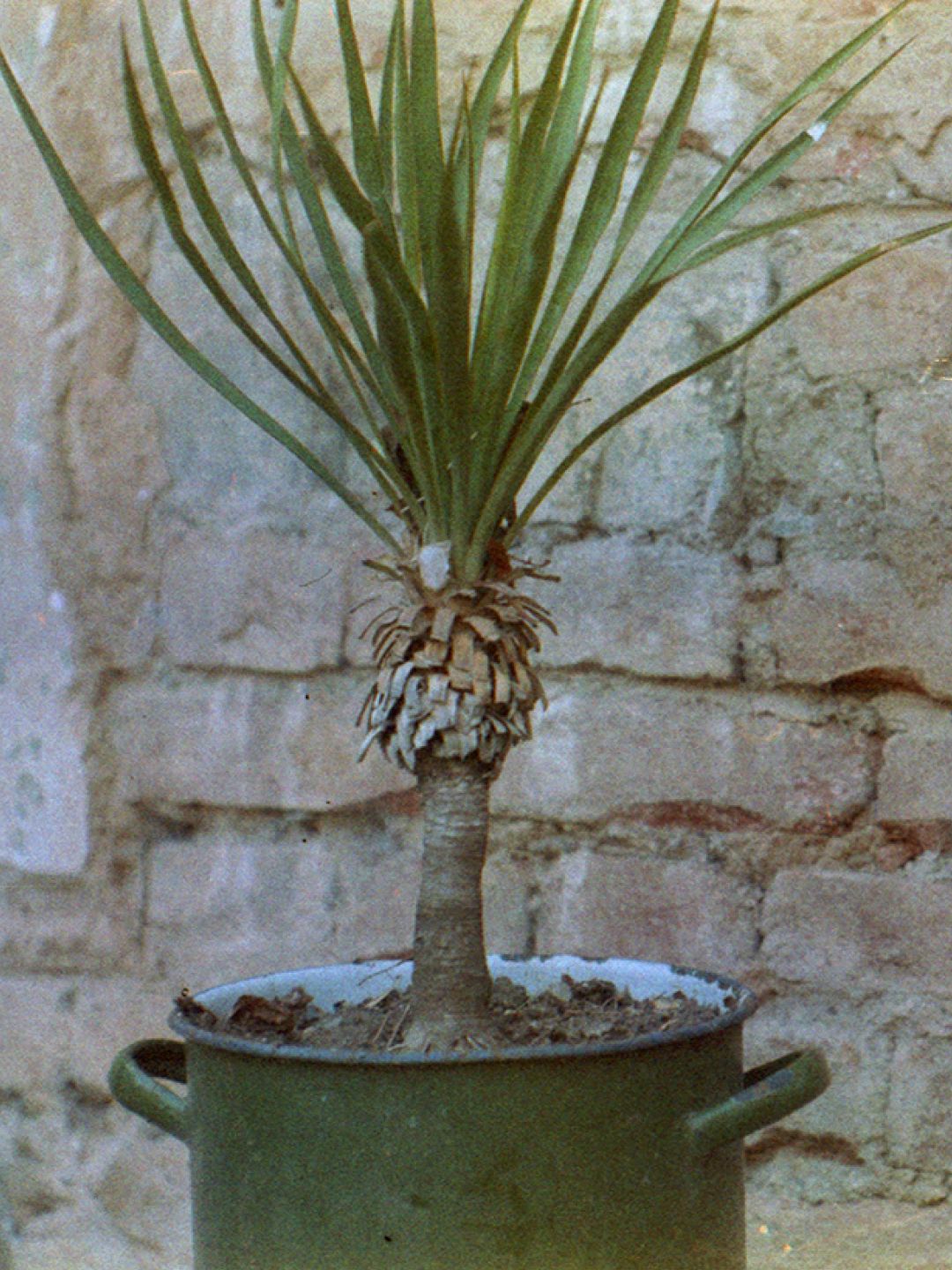
Victor’s plant
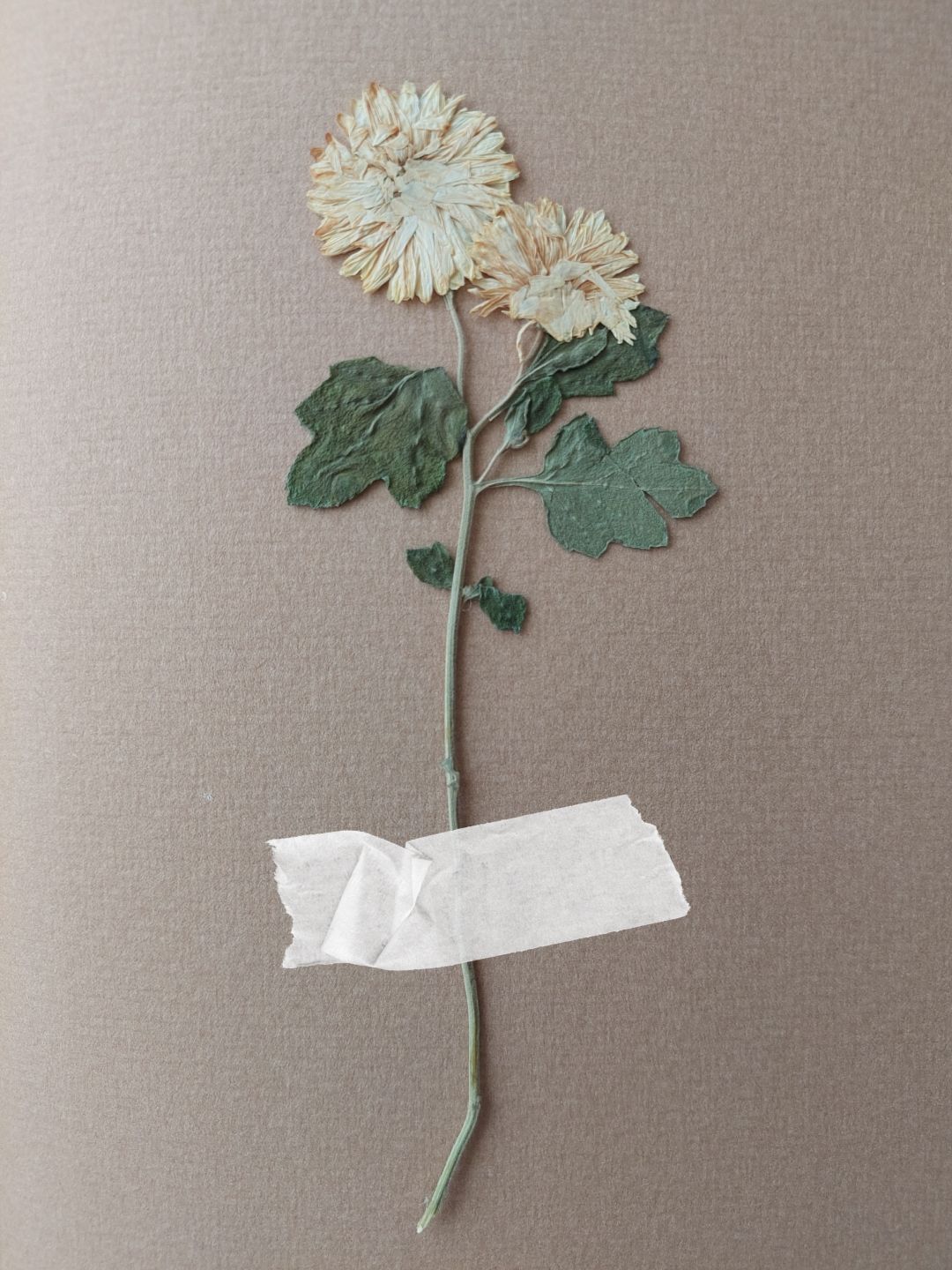
Lila’s Herbarium
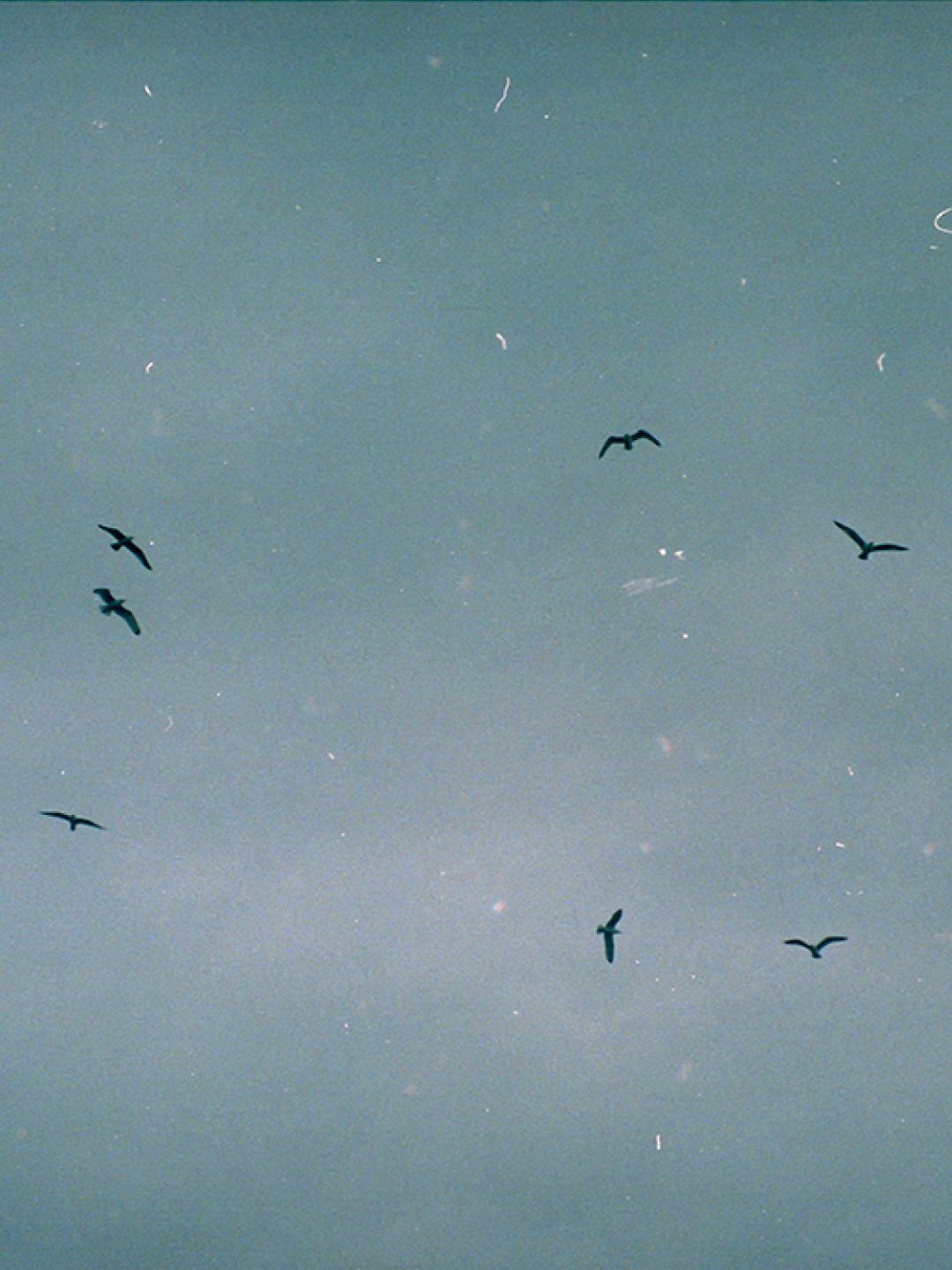
When the Birds Return
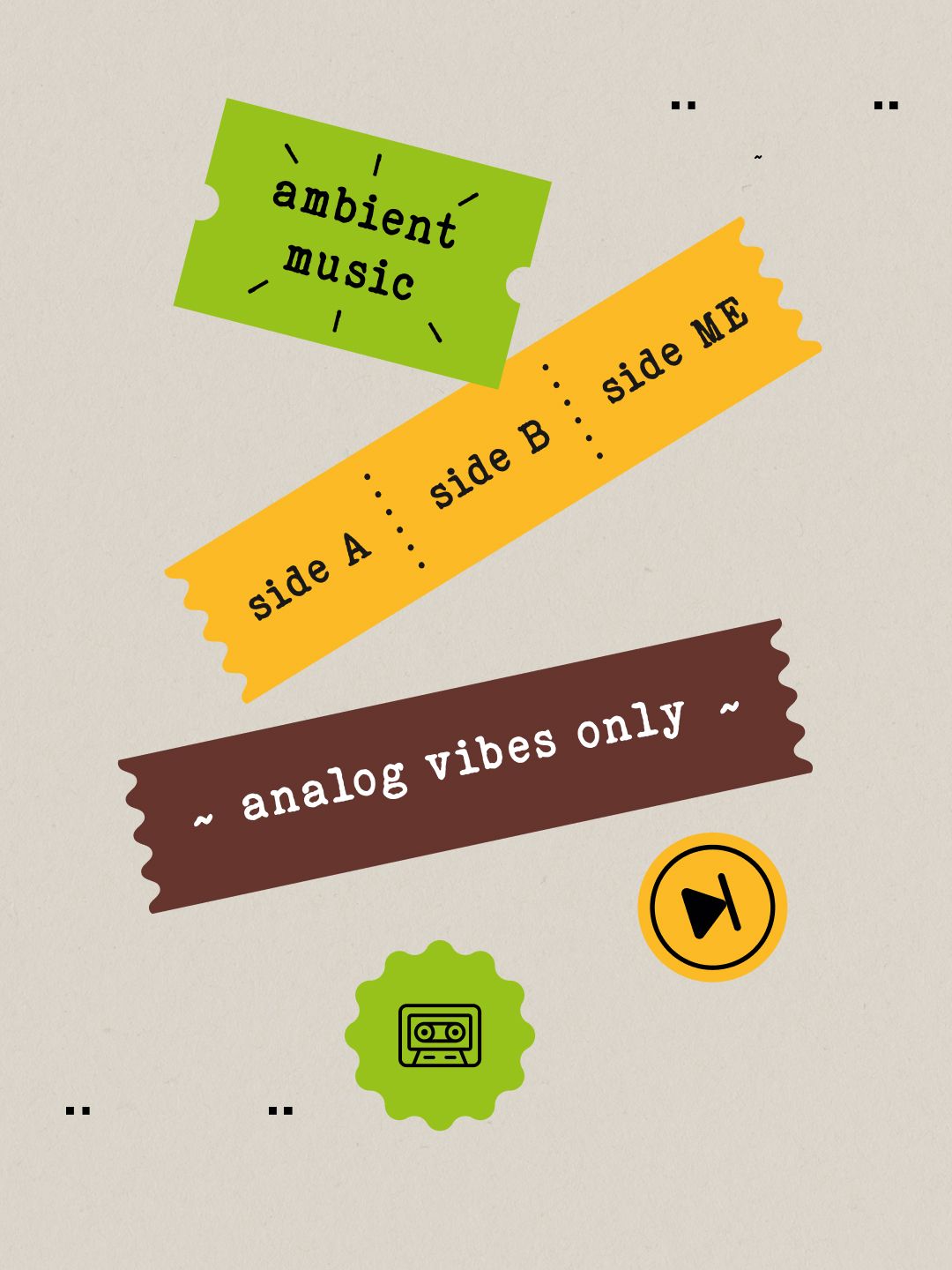
Where Sound Ends: Ambient as a Way of Being
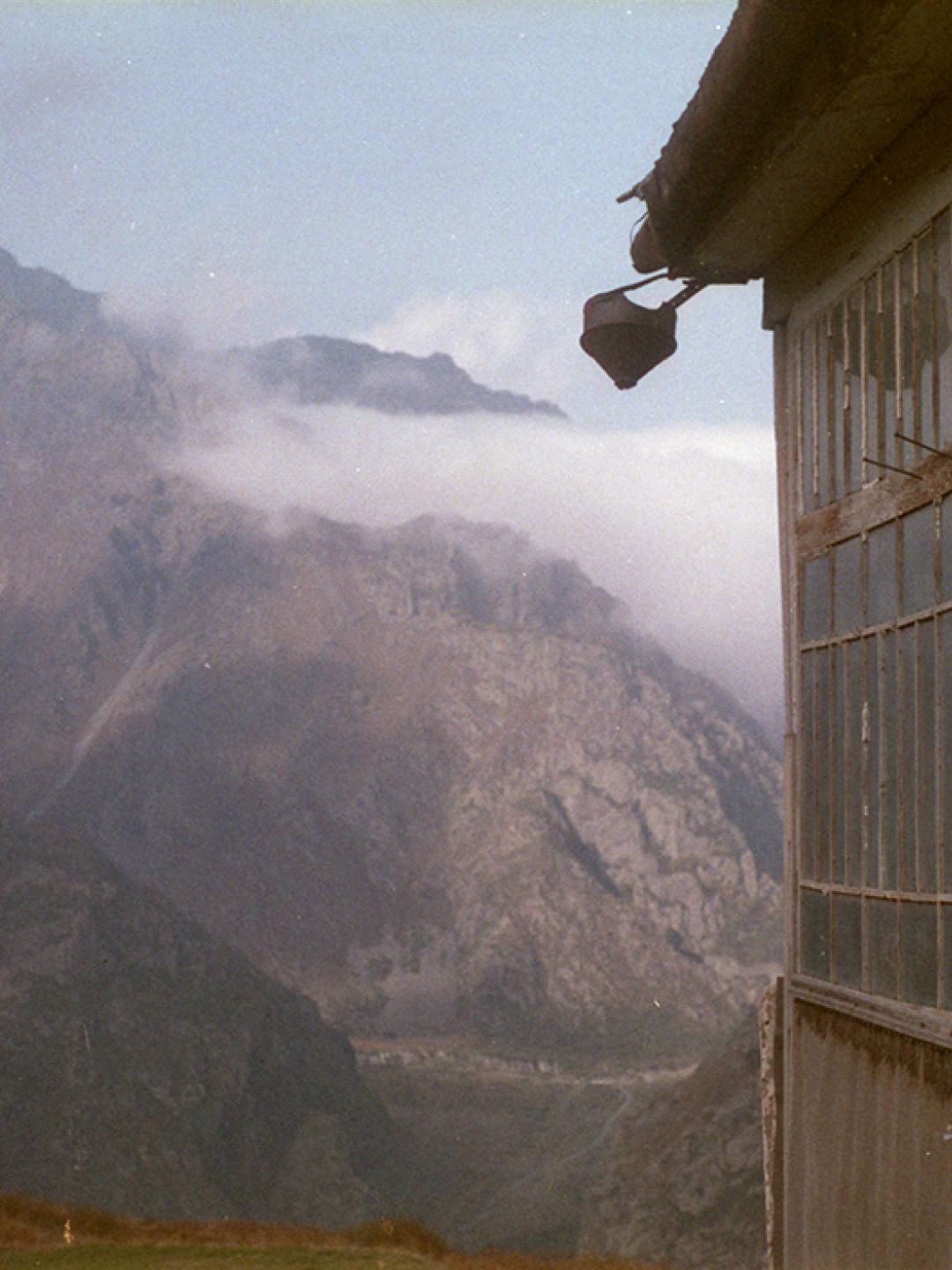
Not by path, but by memory
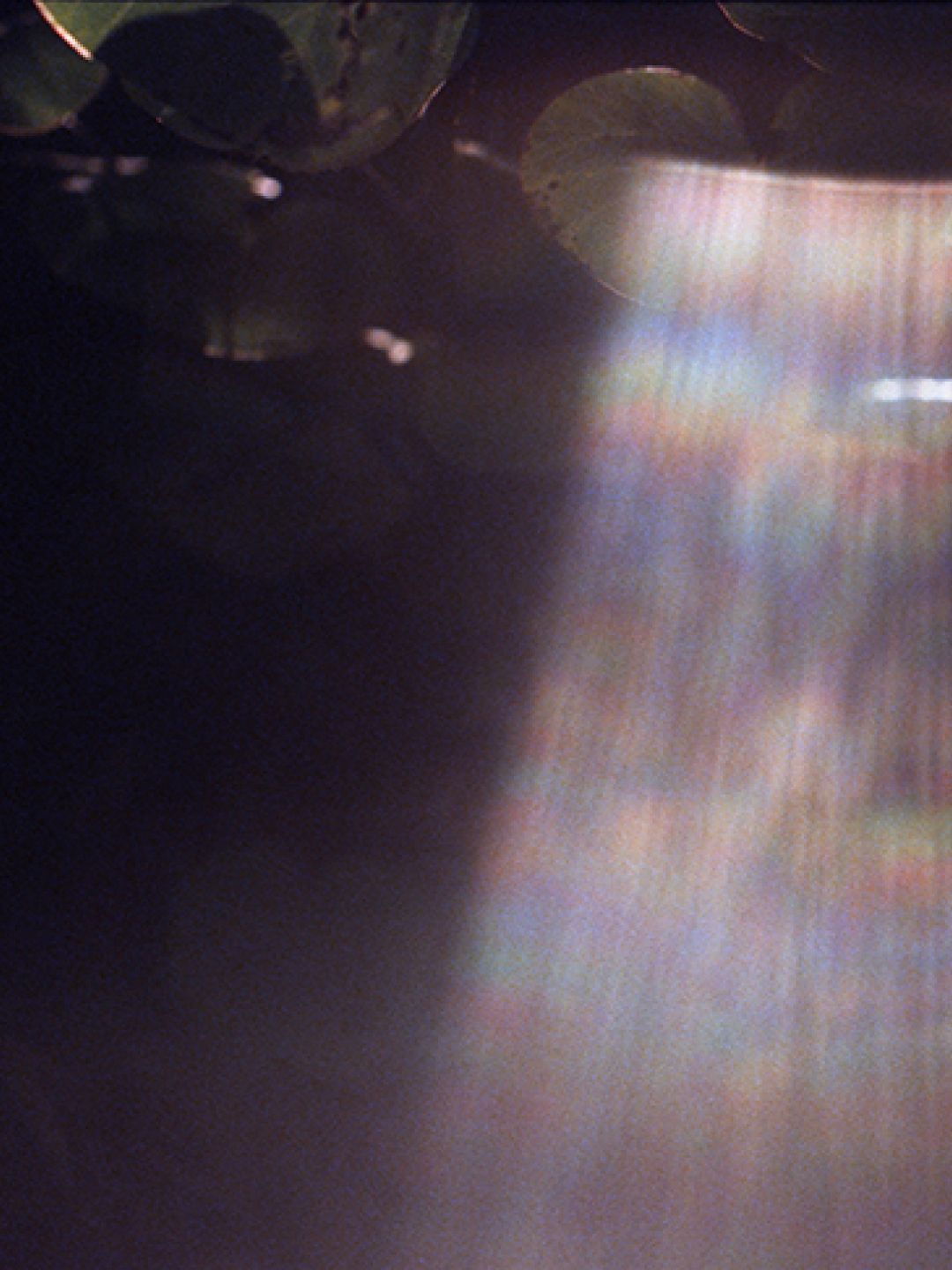
The bread rose in the oven
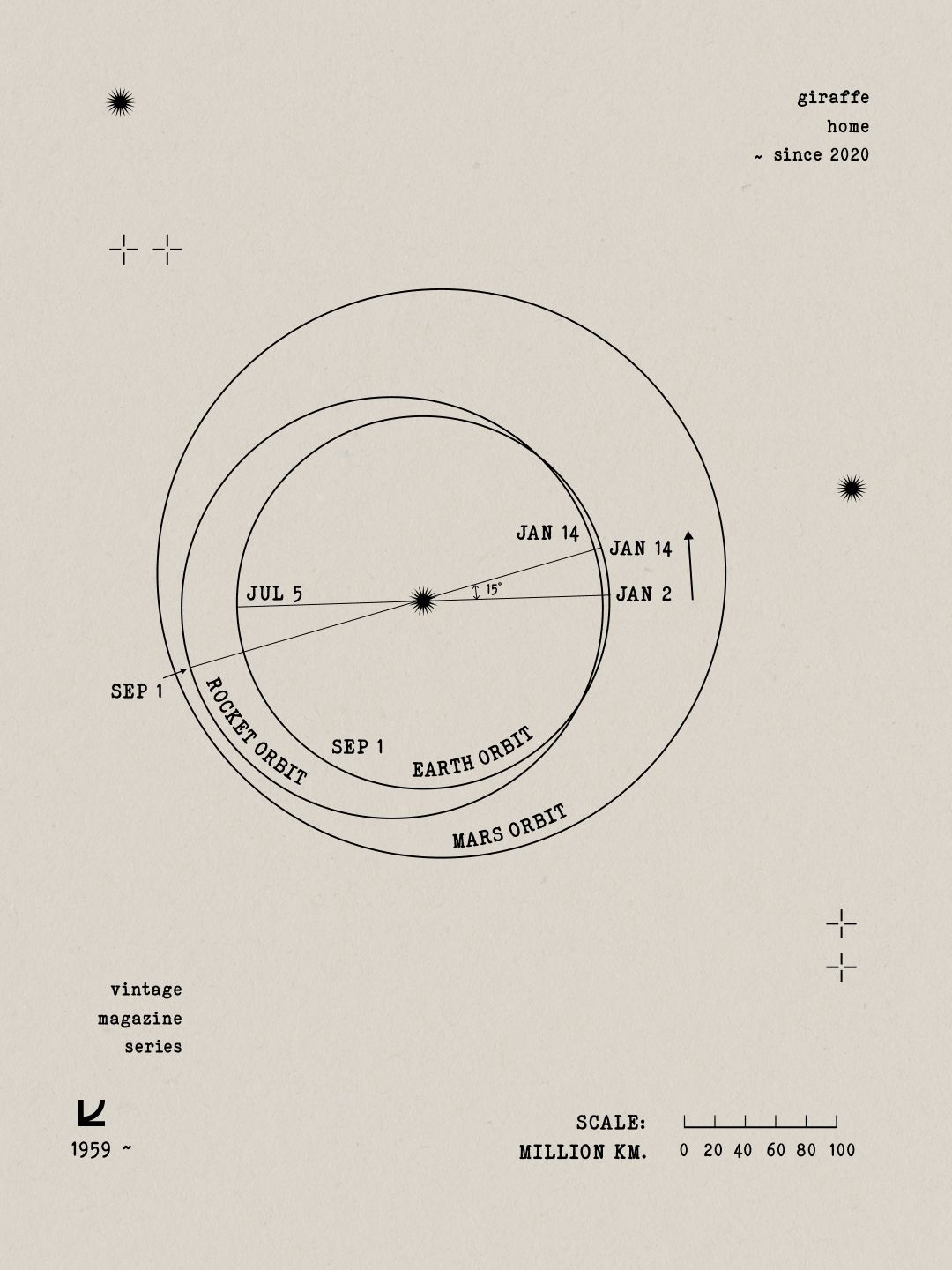
New Merch from giraffehome — Artifacts of Time on T-Shirts. Coming Soon
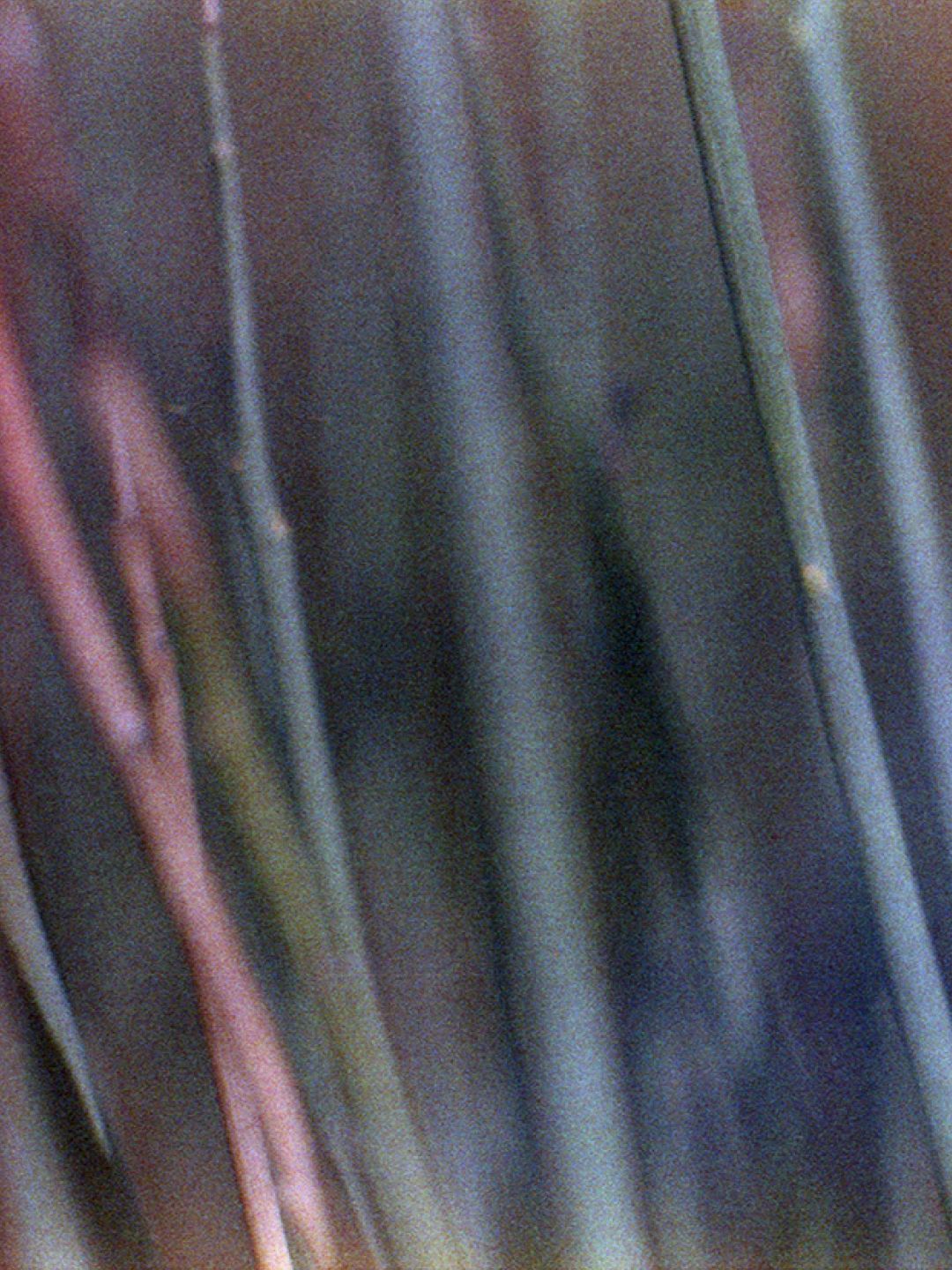
The Light Within
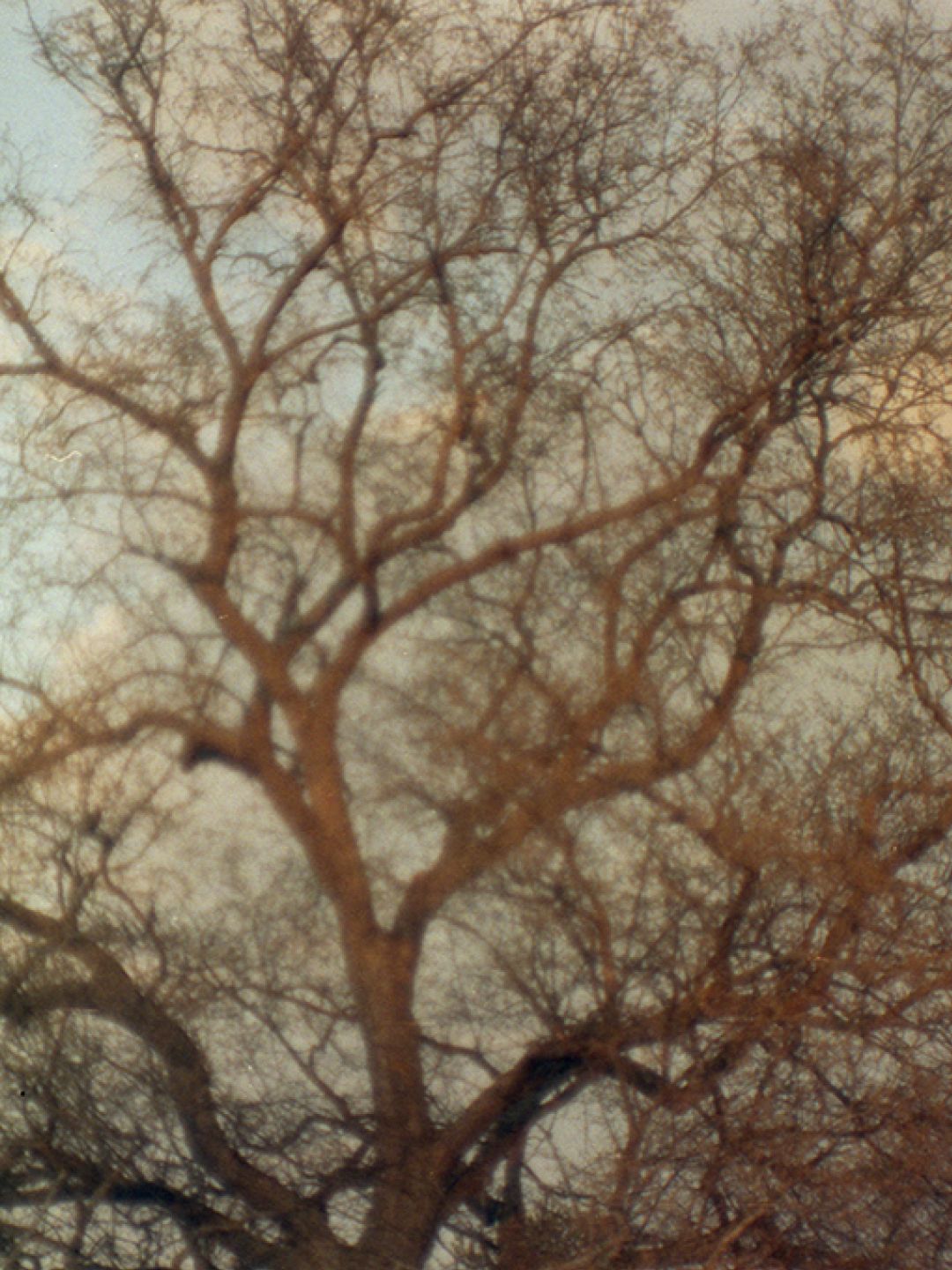
When the trees were small
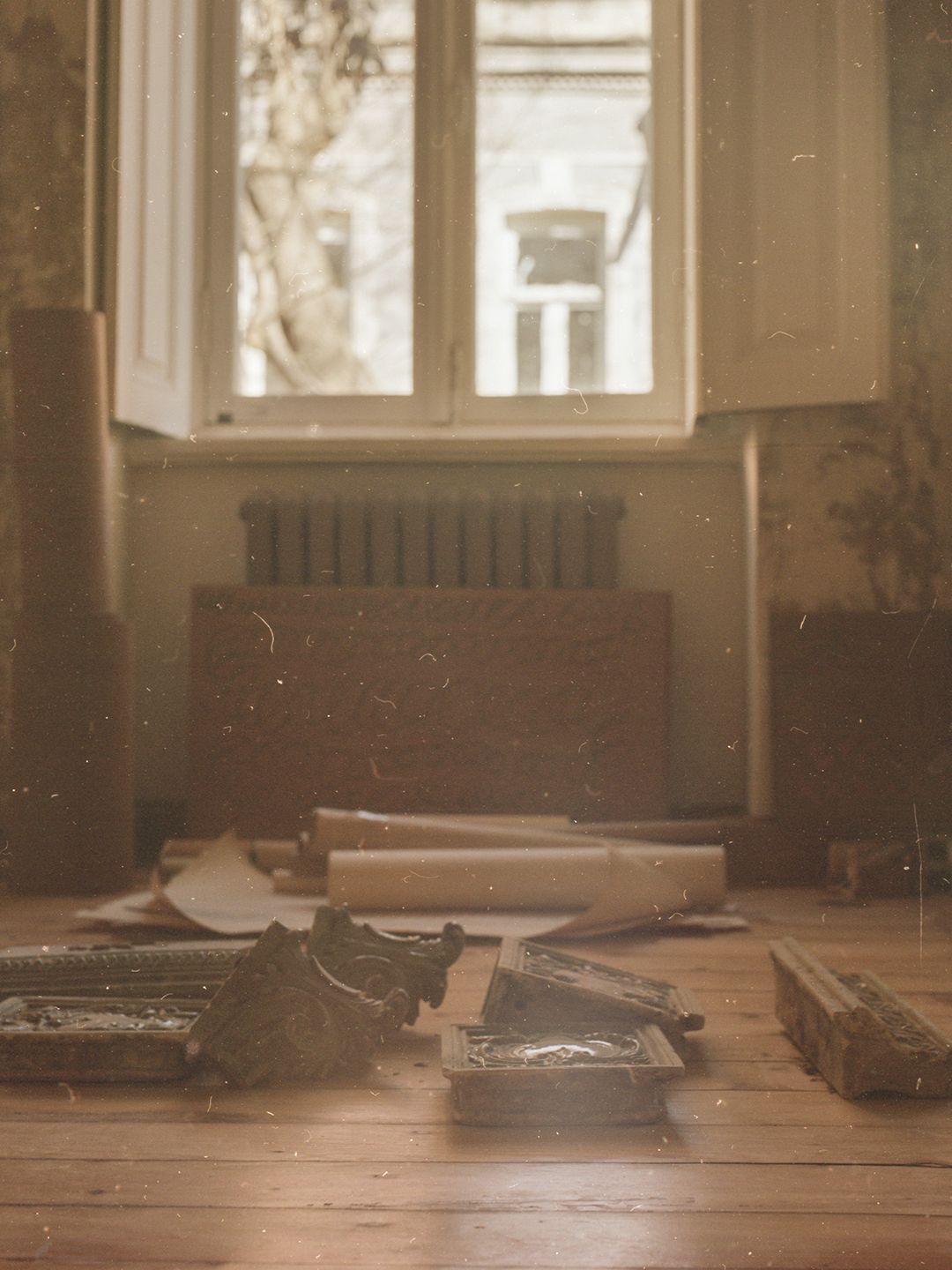
Light through the window
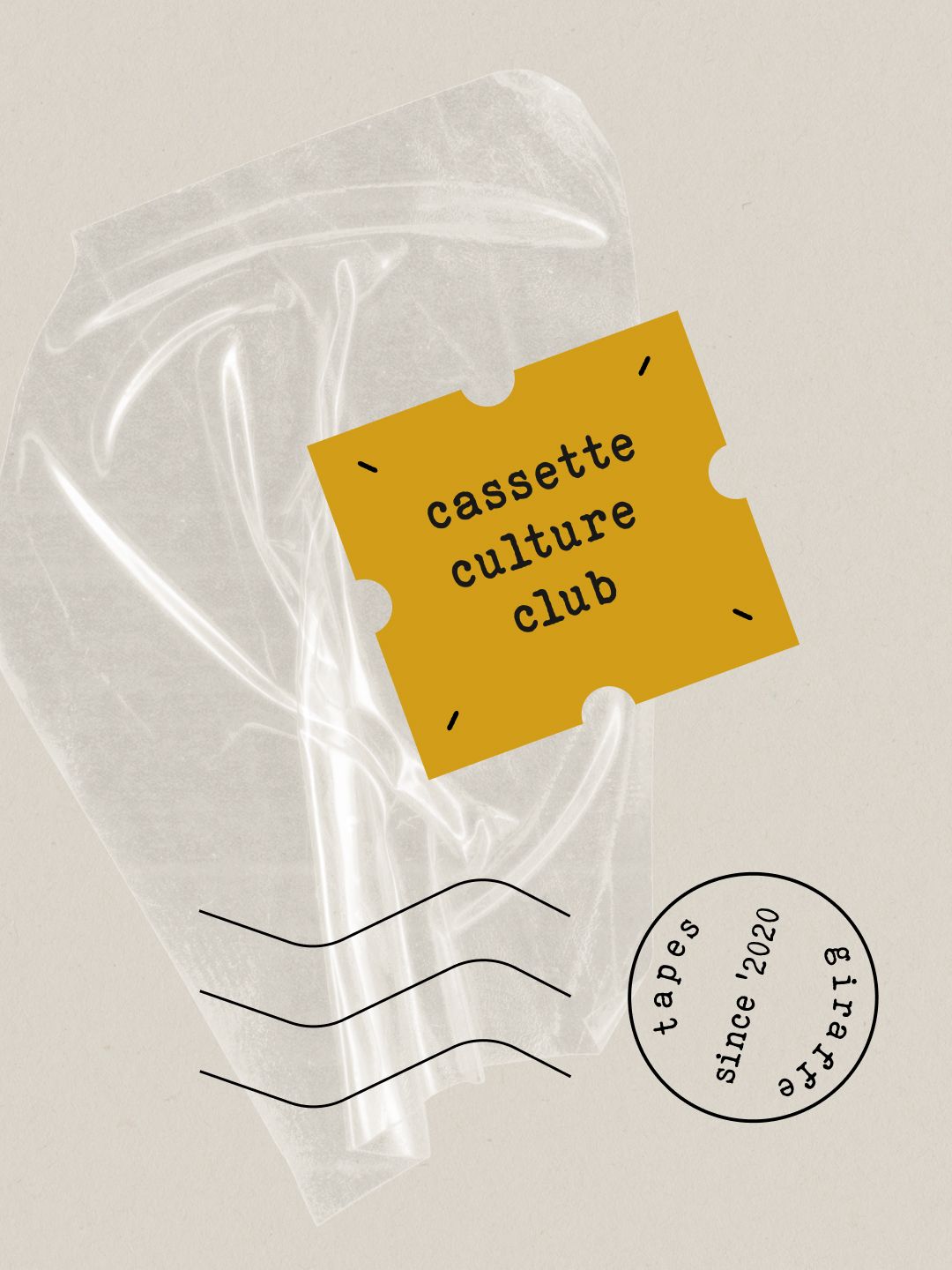
I am giraffe tapes
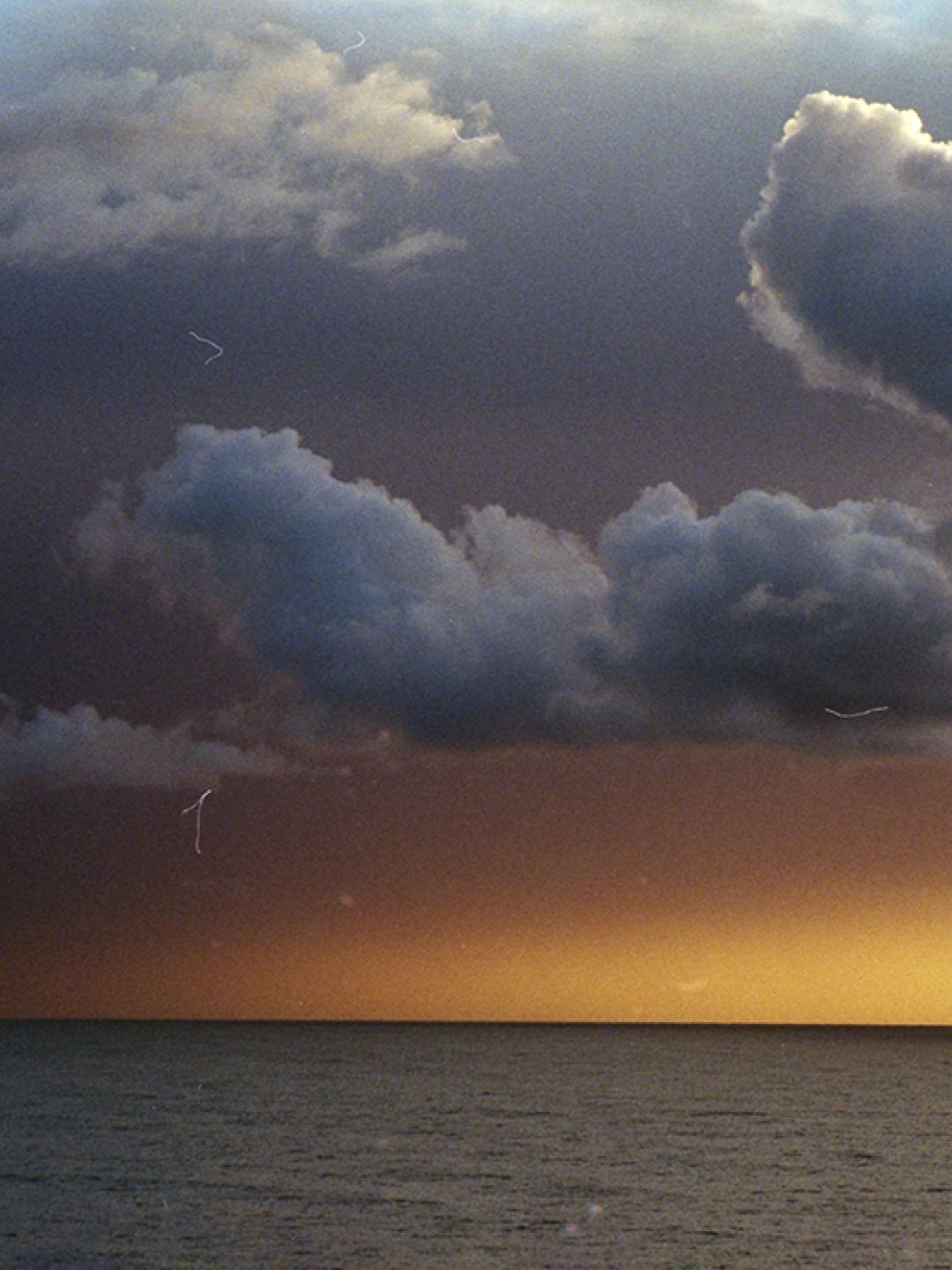
The ocean
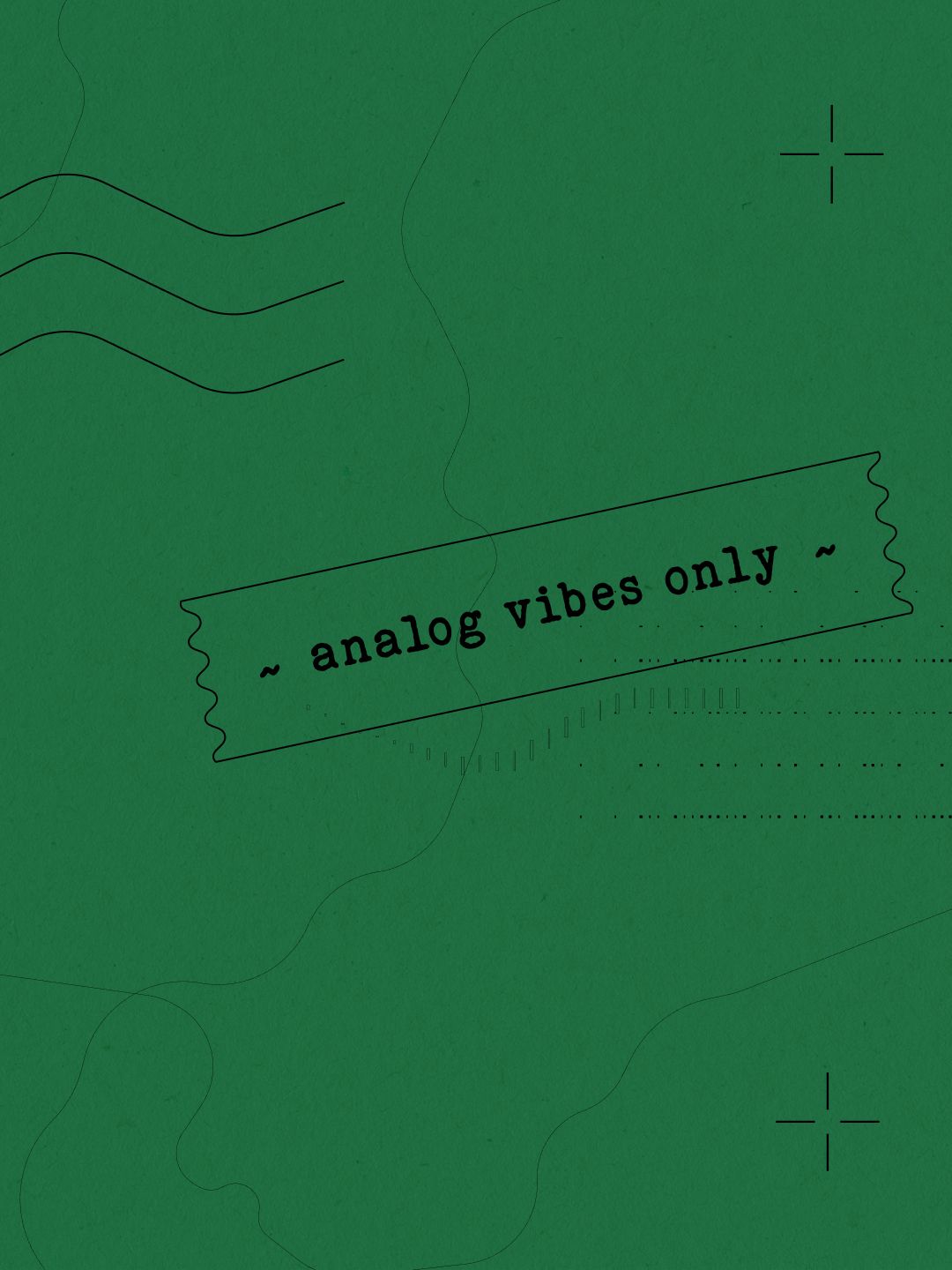
Analog vibes only
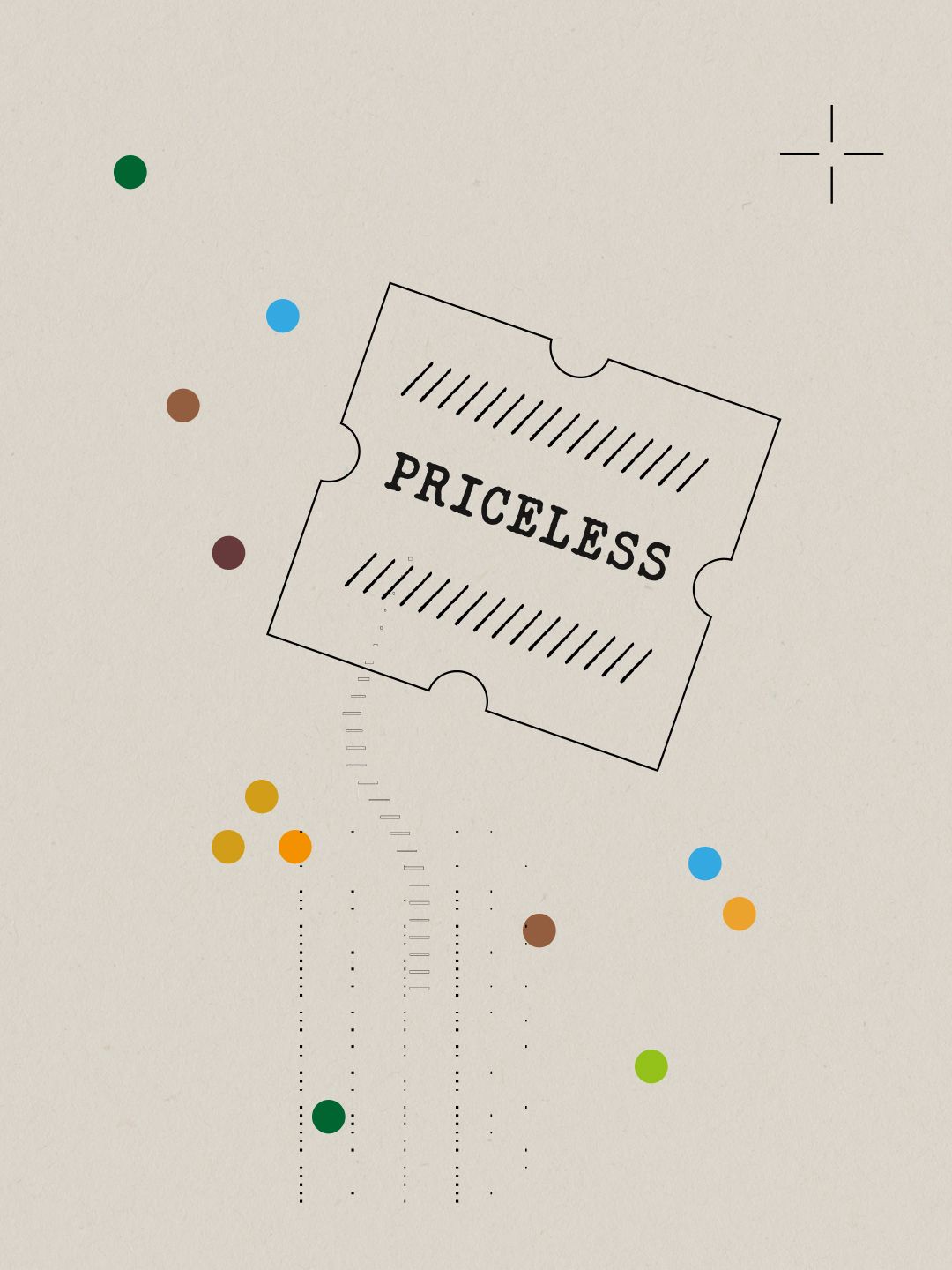
Priceless
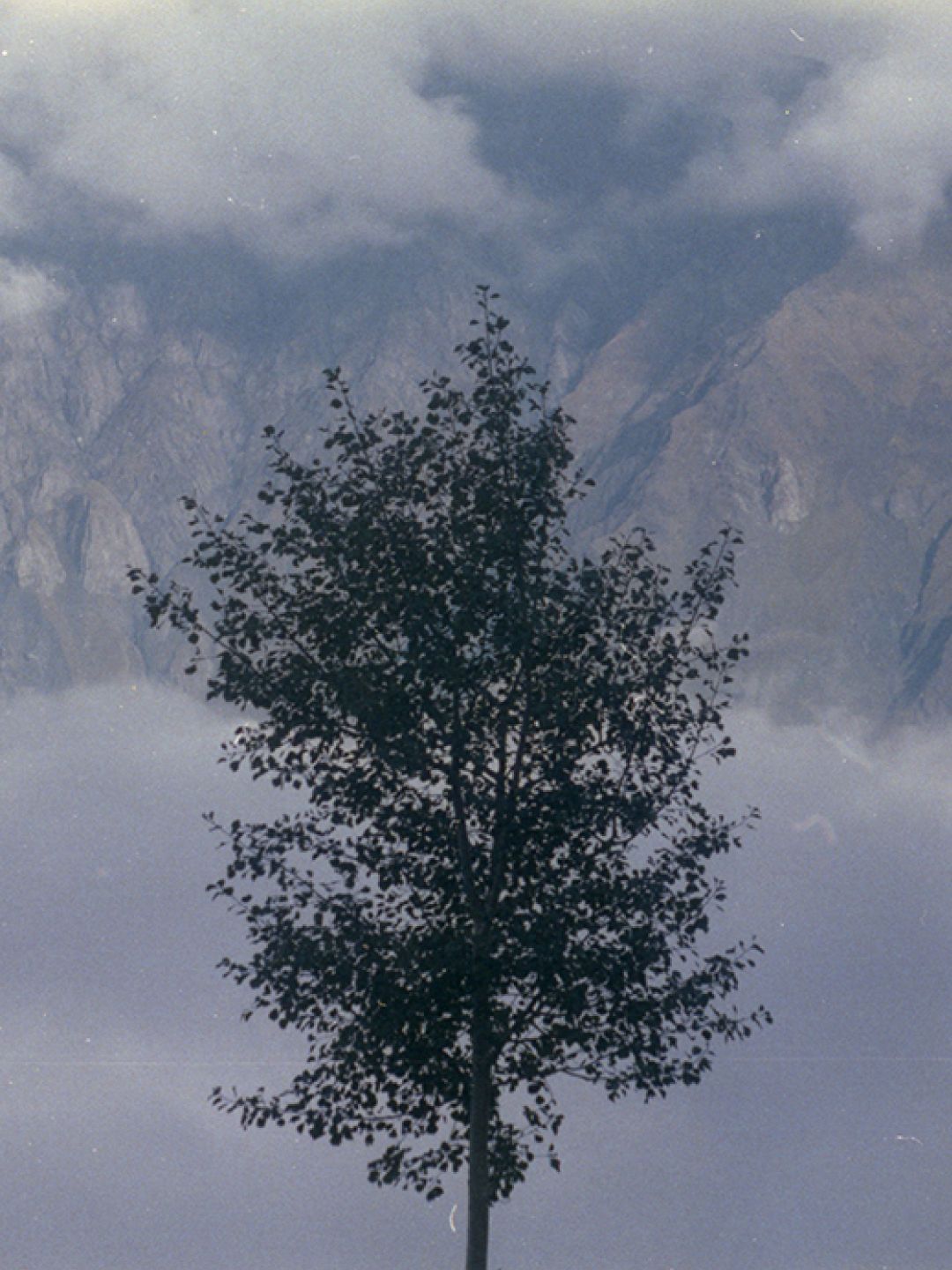
A Lonely Tree Between Worlds
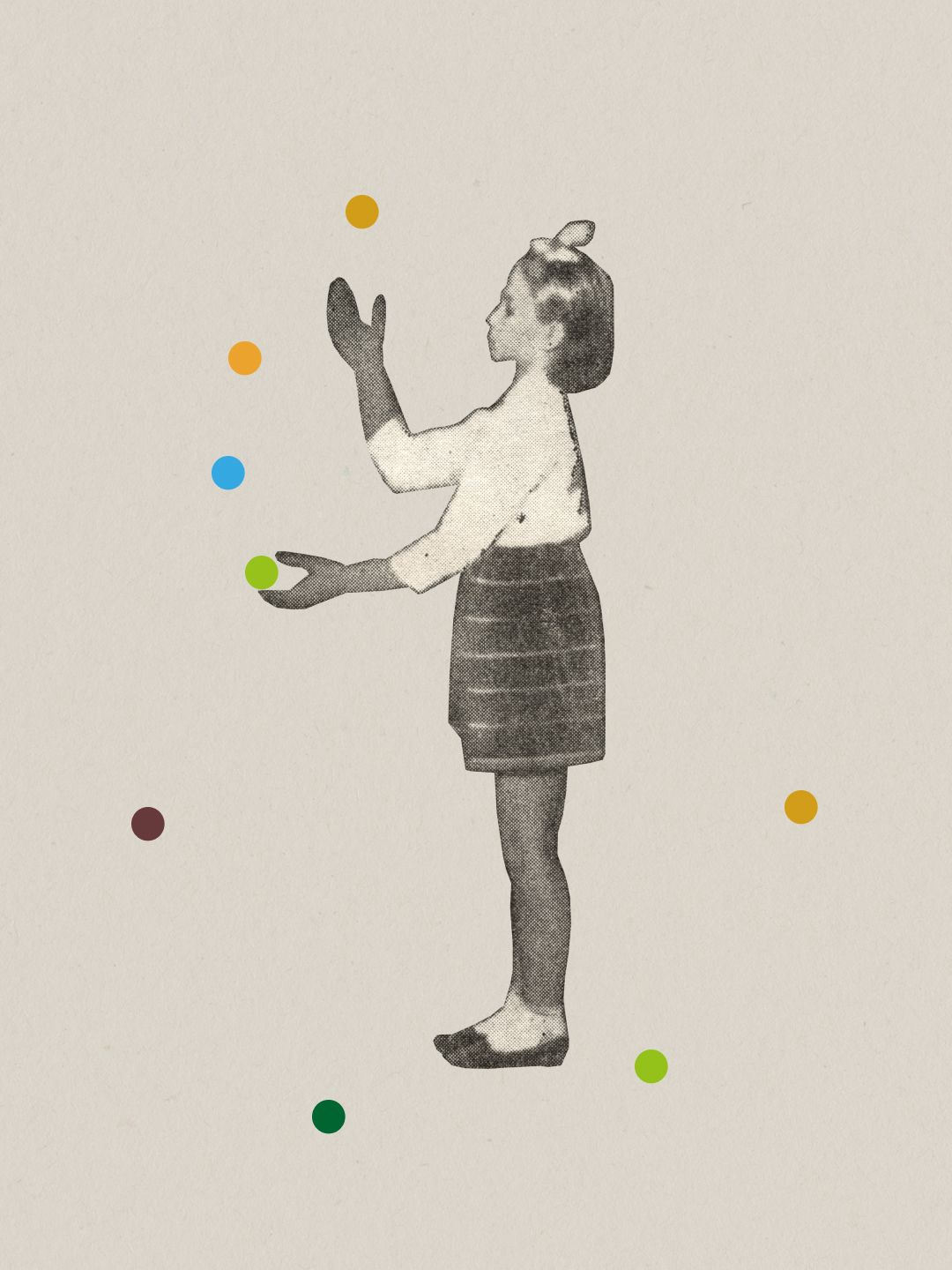
The Juggler from Childhood
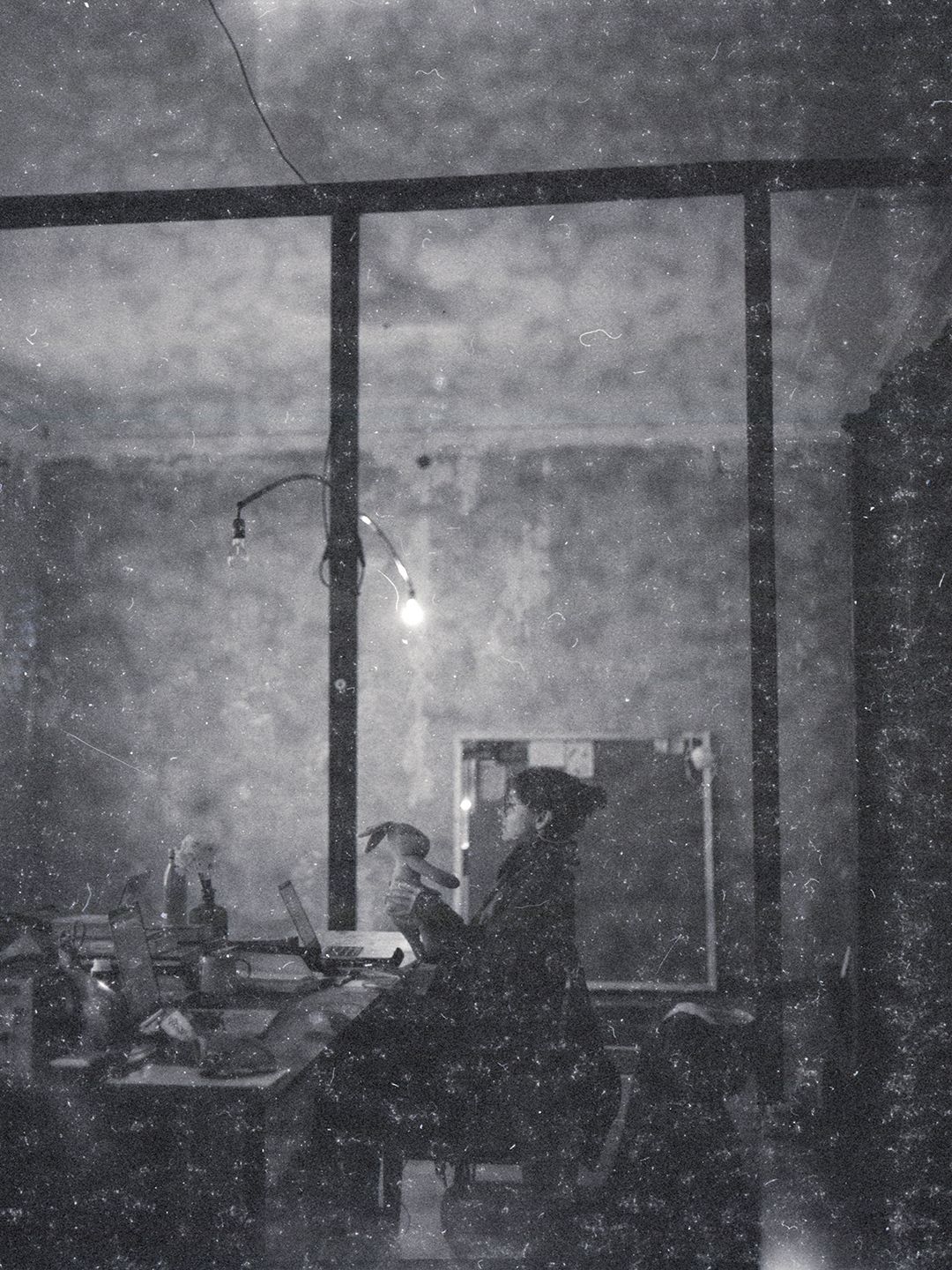
The story of a certain rabbit
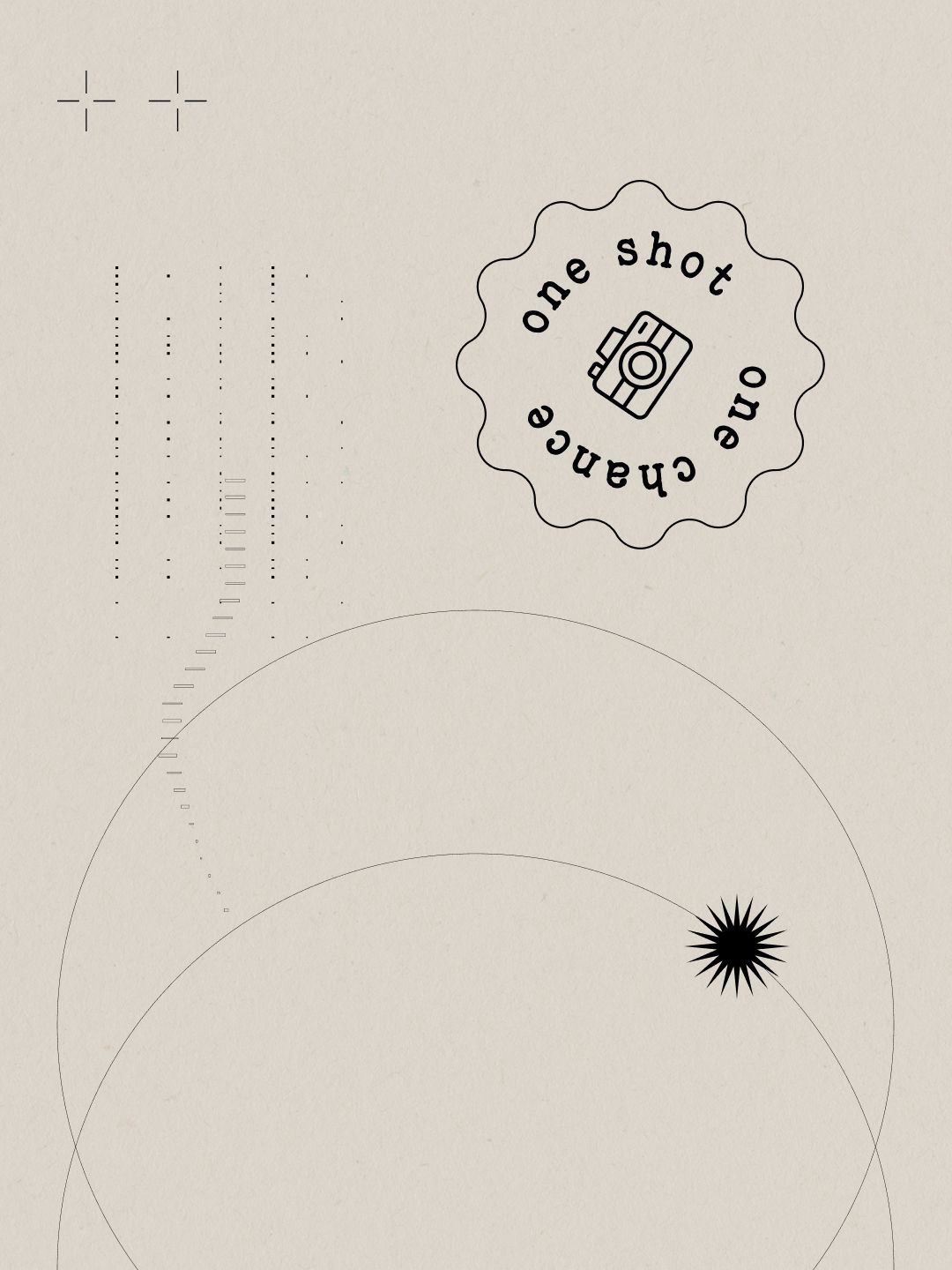
One Shot, One Chance
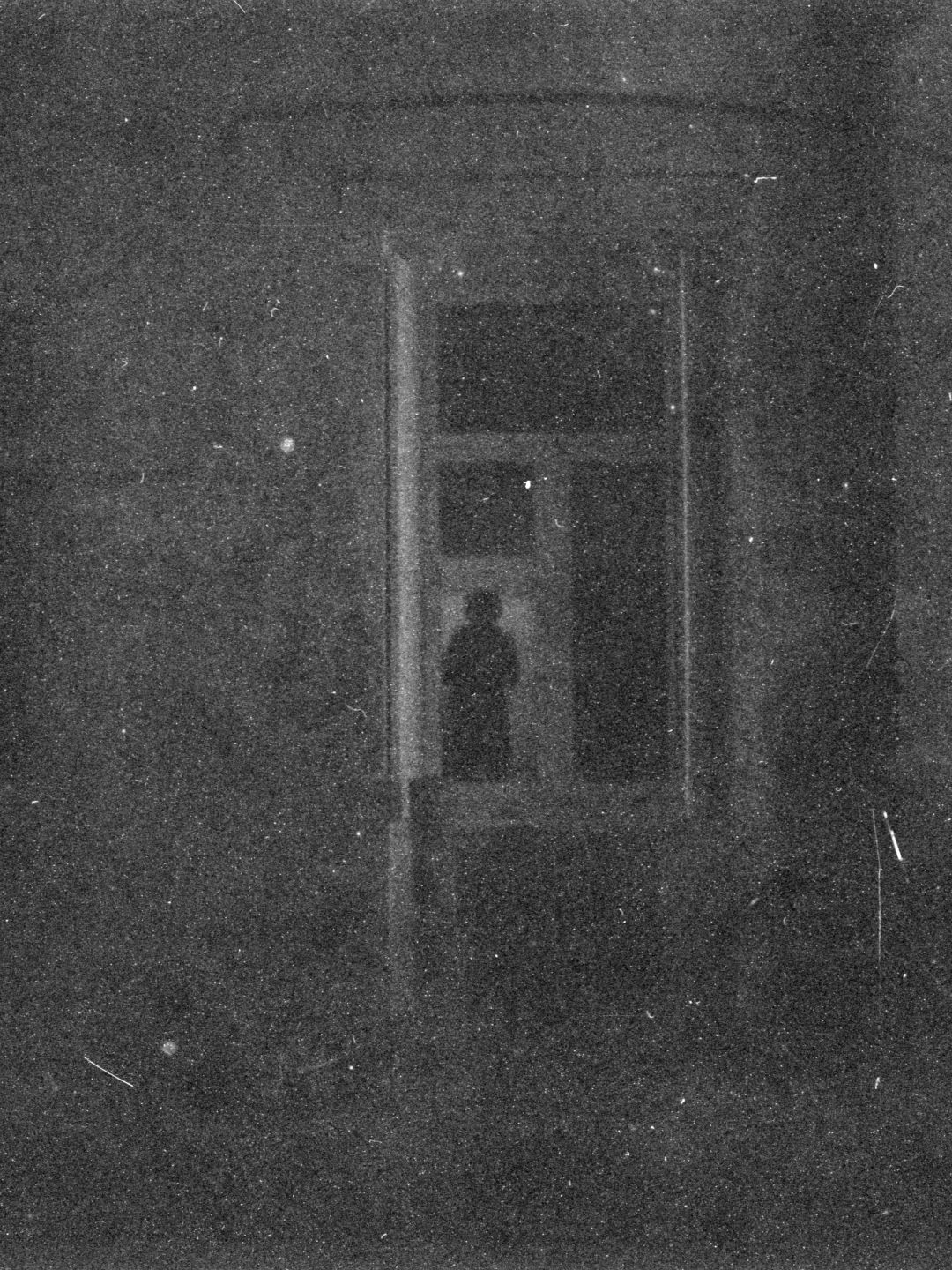
Reflection is looking at you
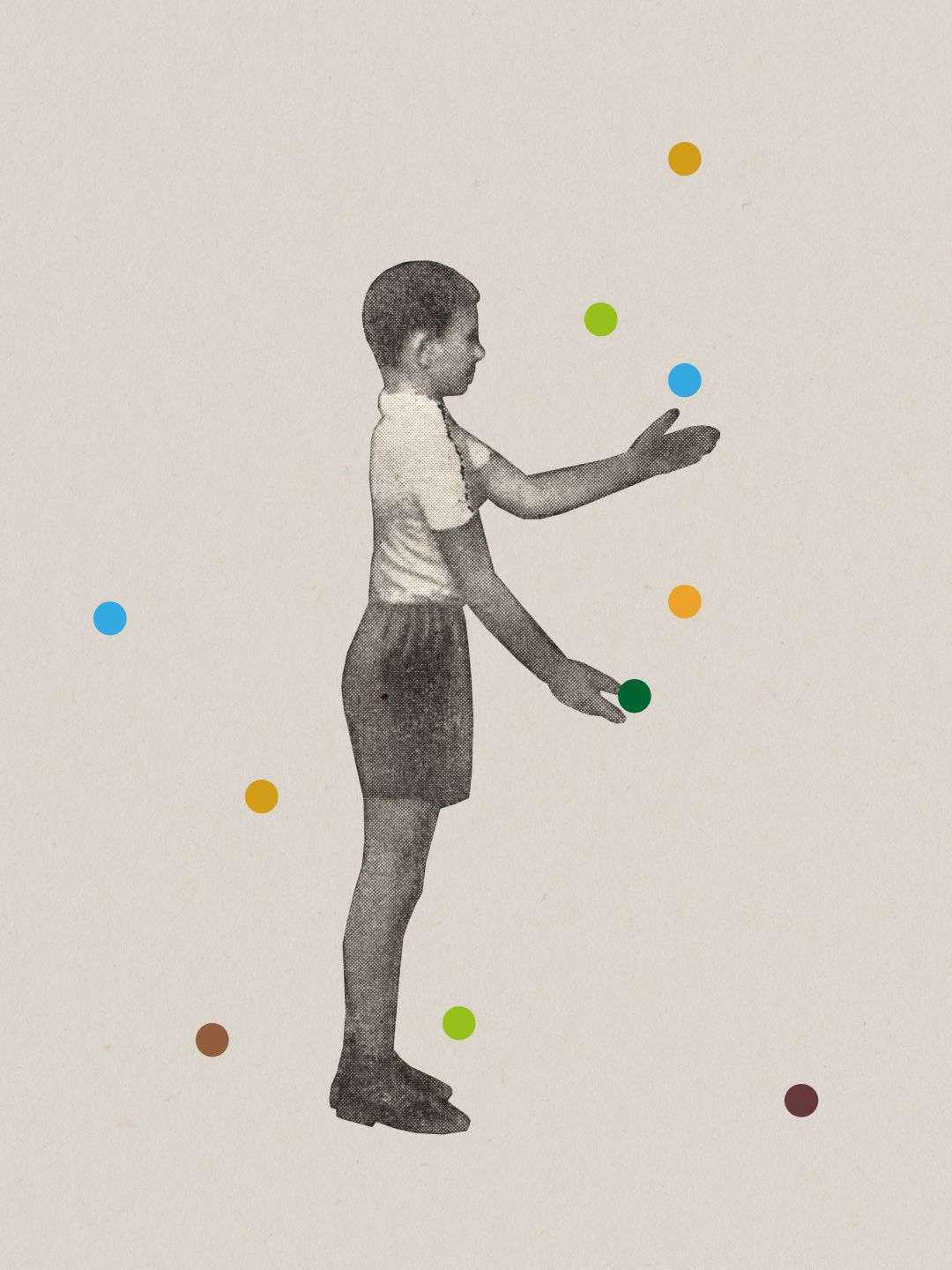
And we pretend to understand
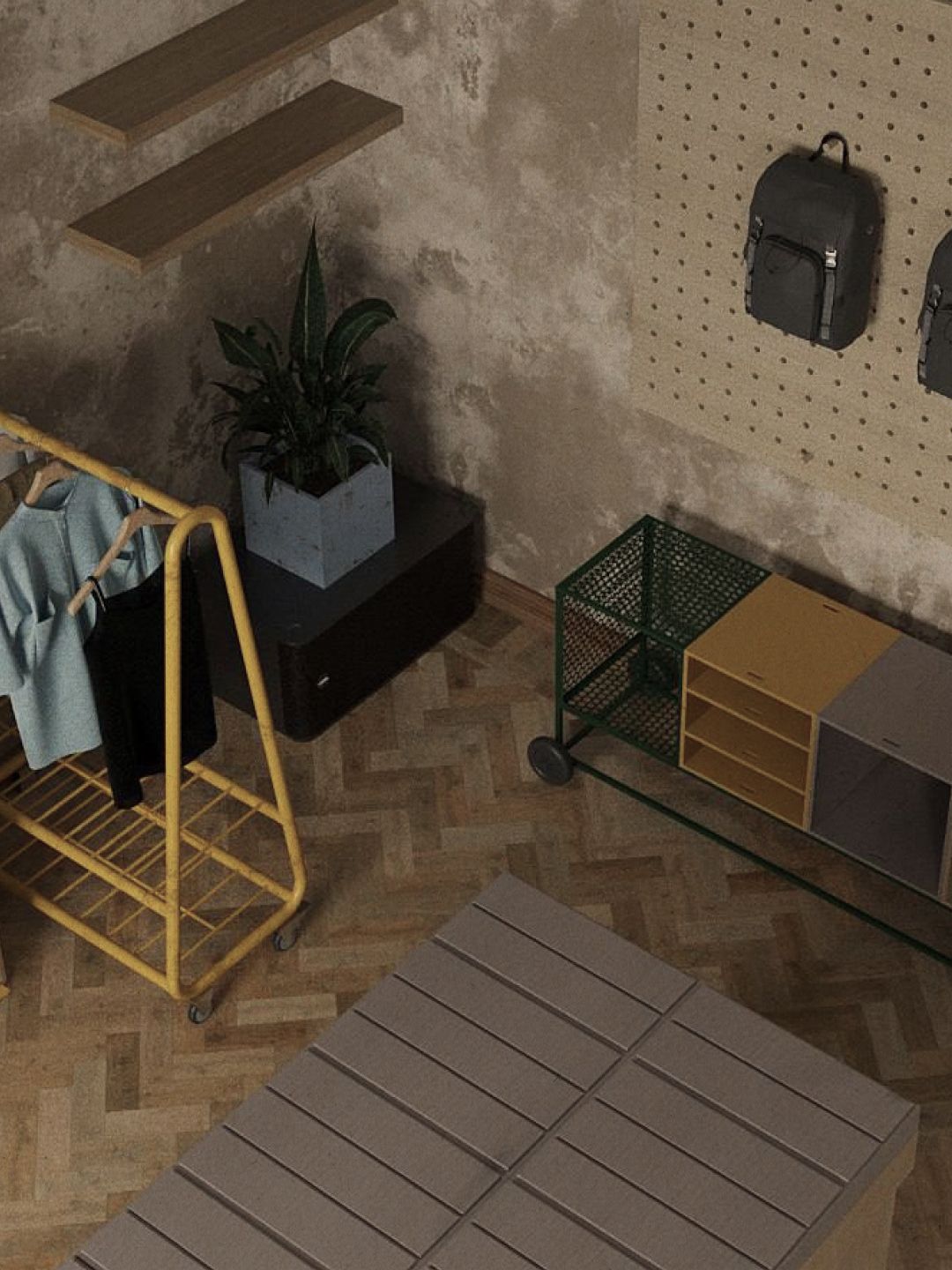
A space of inspiration
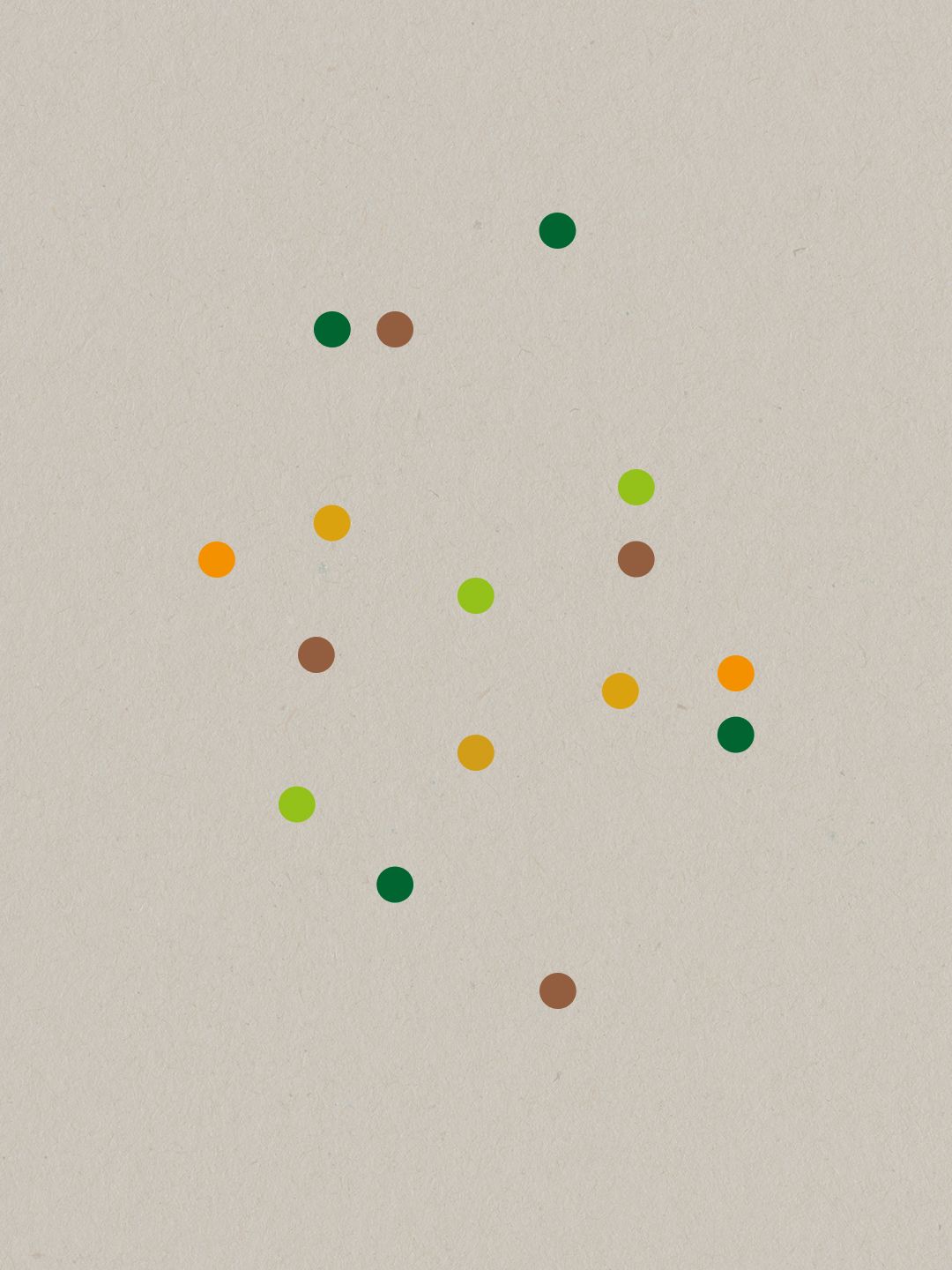
Love people not labels
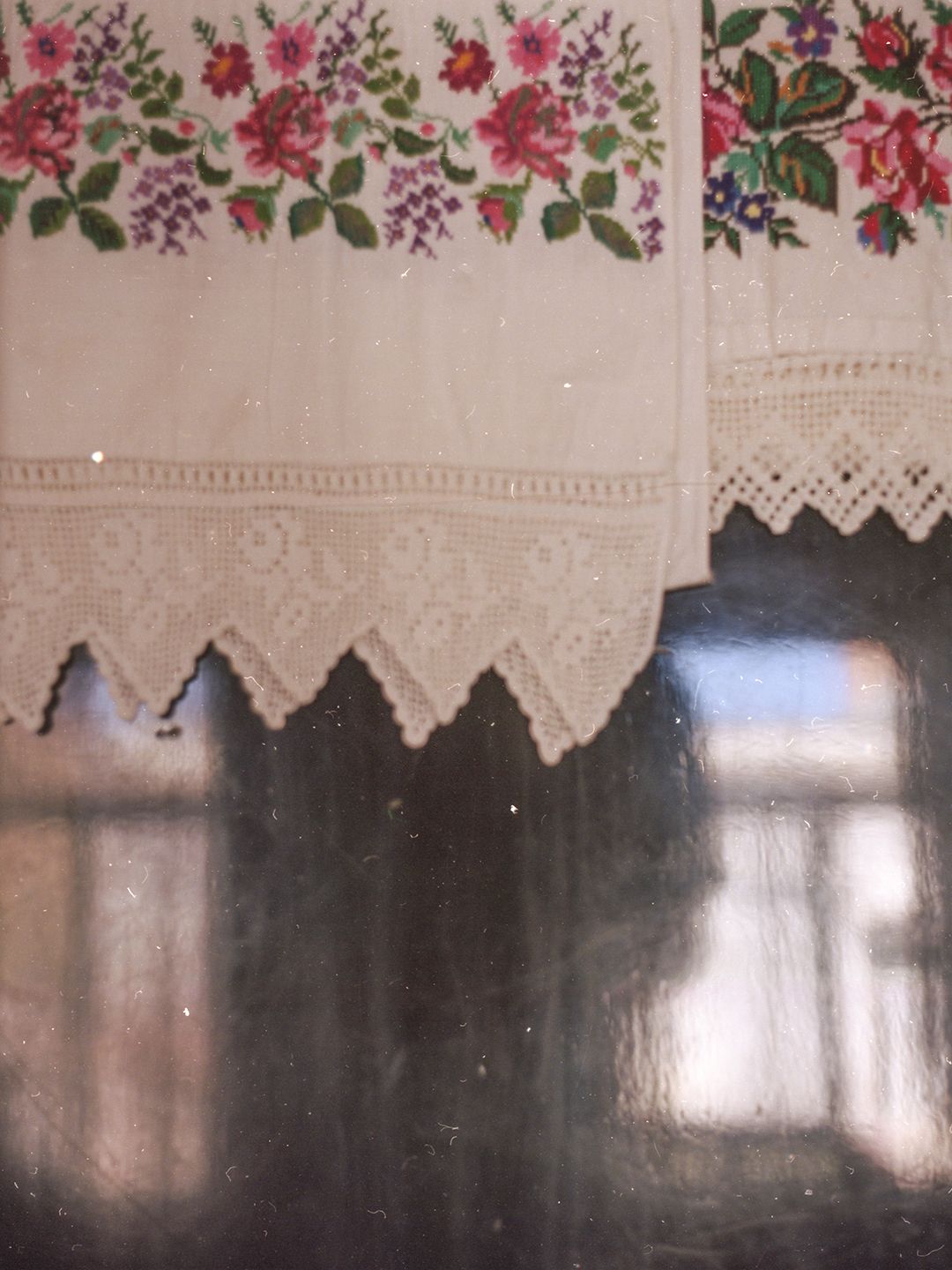
Grandmother’s Rushnyks
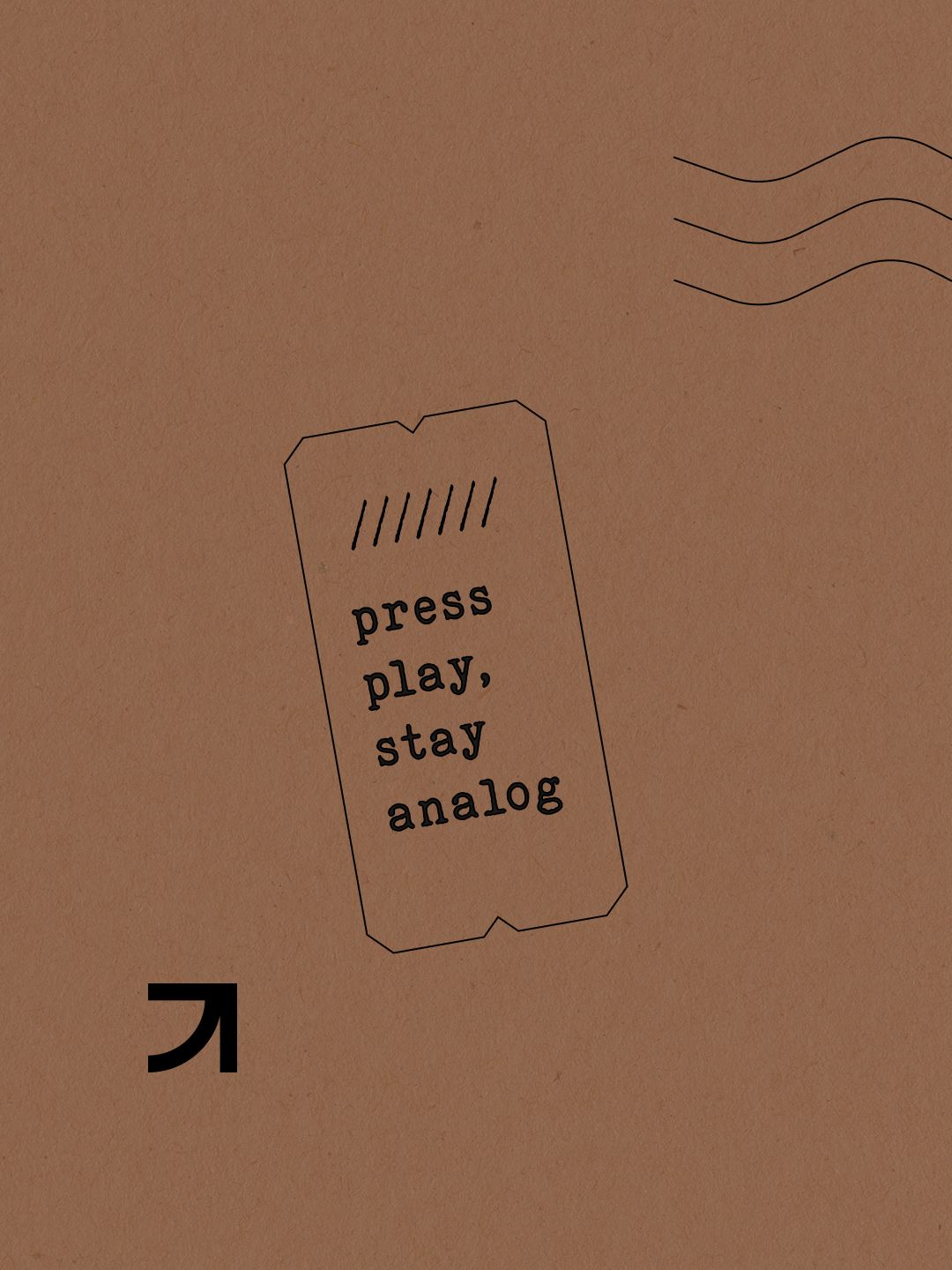
Stay analog

Indian memories and captured radio waves via Rusted Tone Recordings
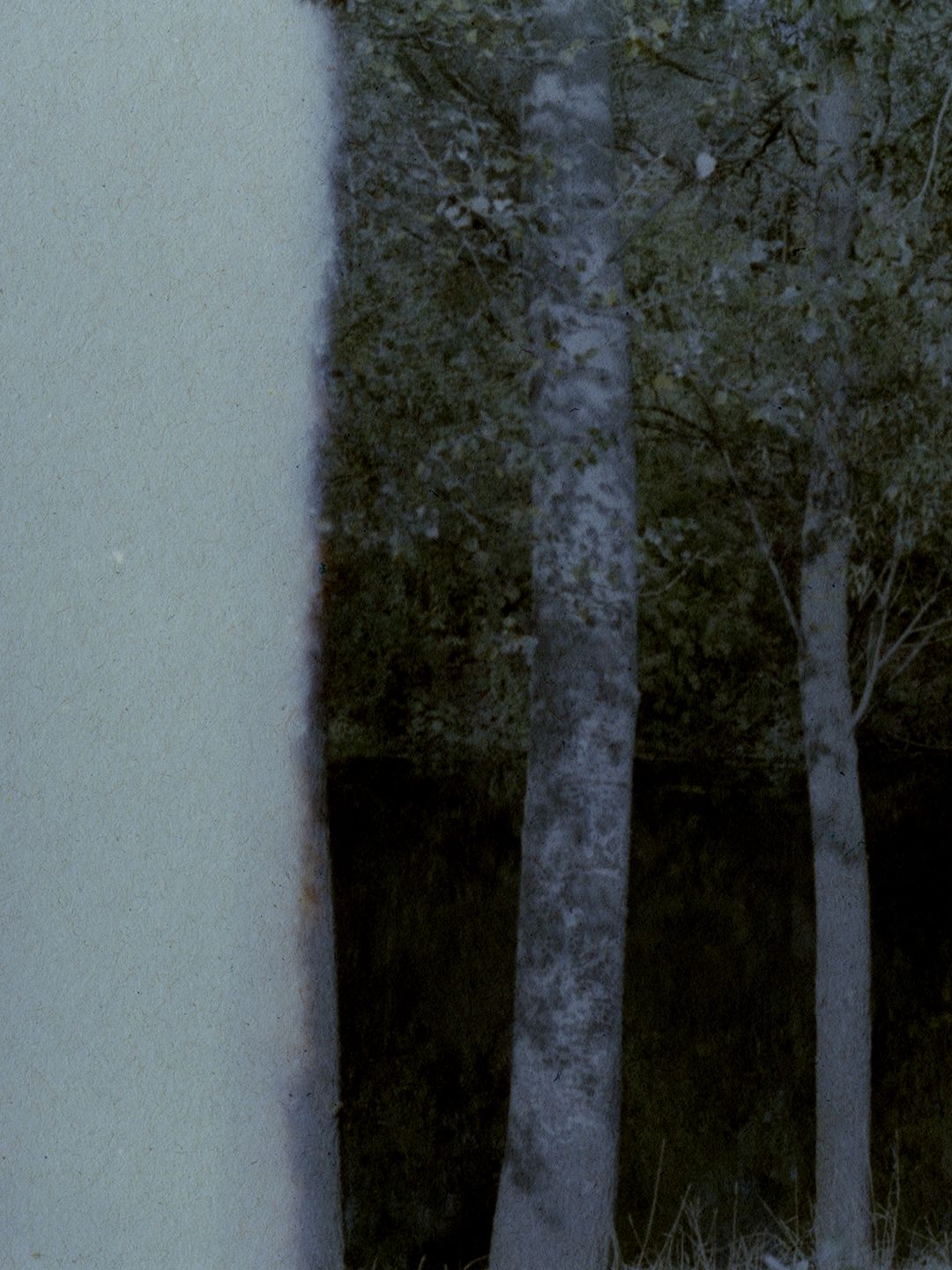
Film is not dead
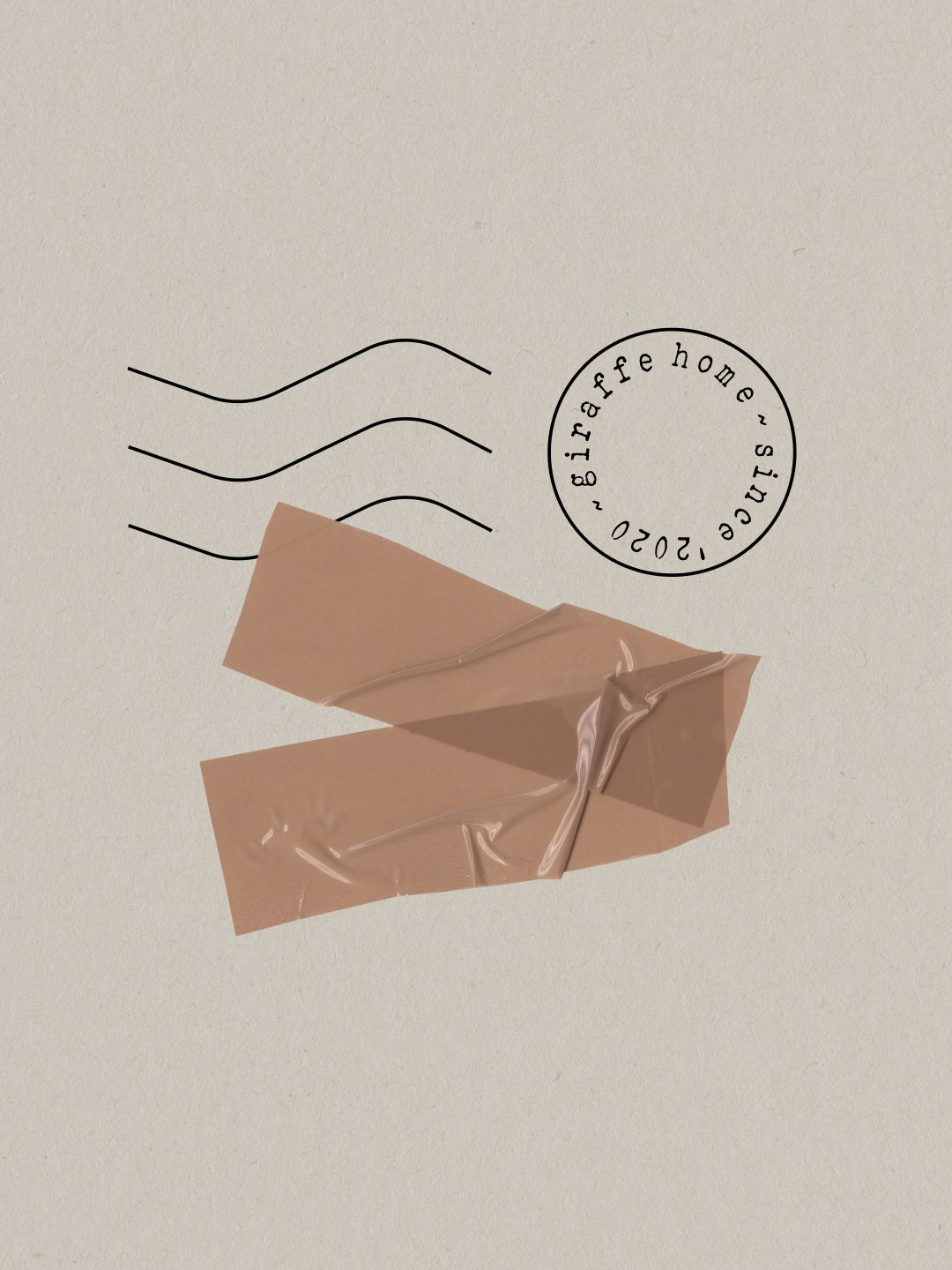
Letters that were never sent
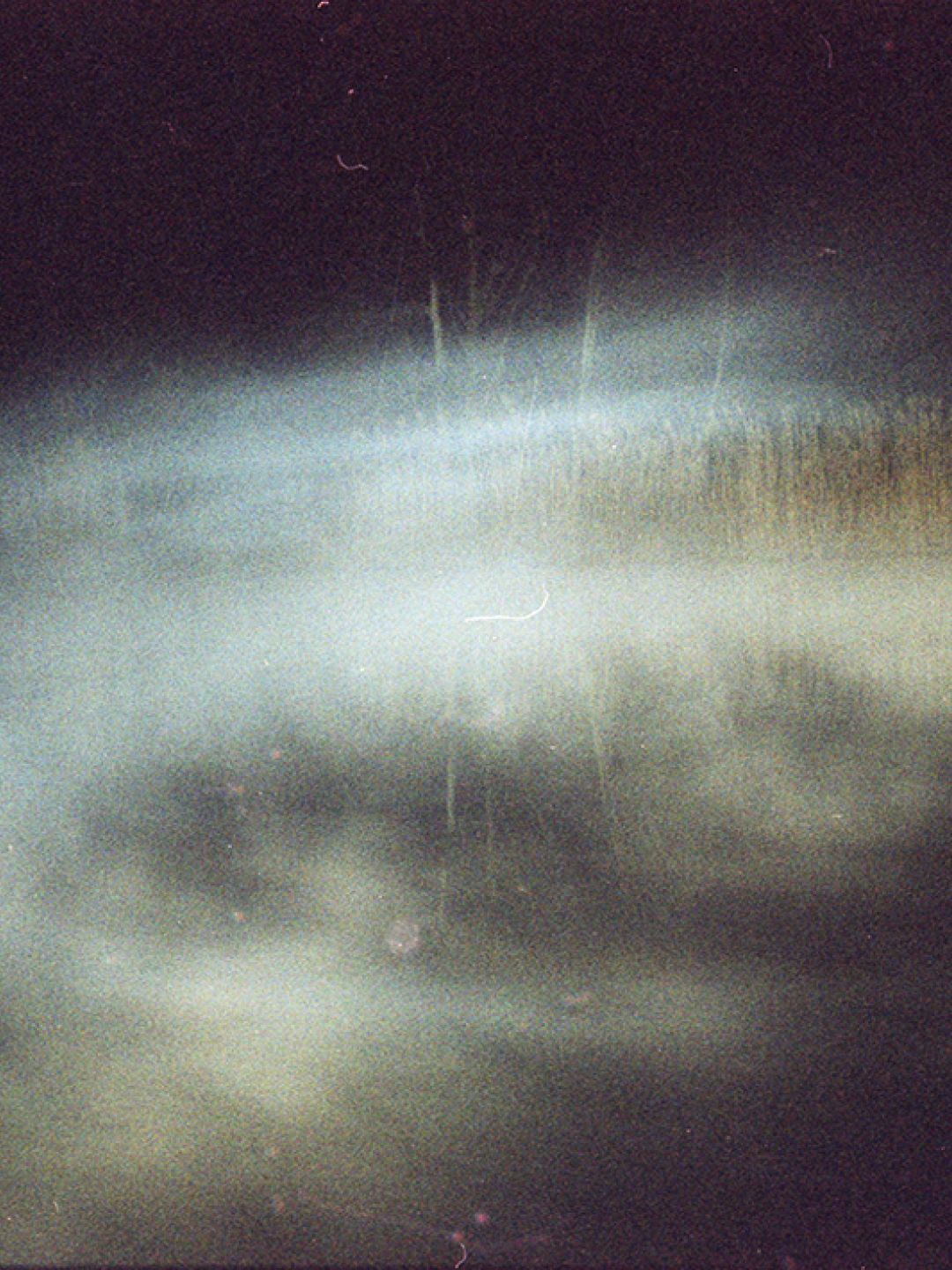
Sometimes a period is just a comma

The old wallpaper
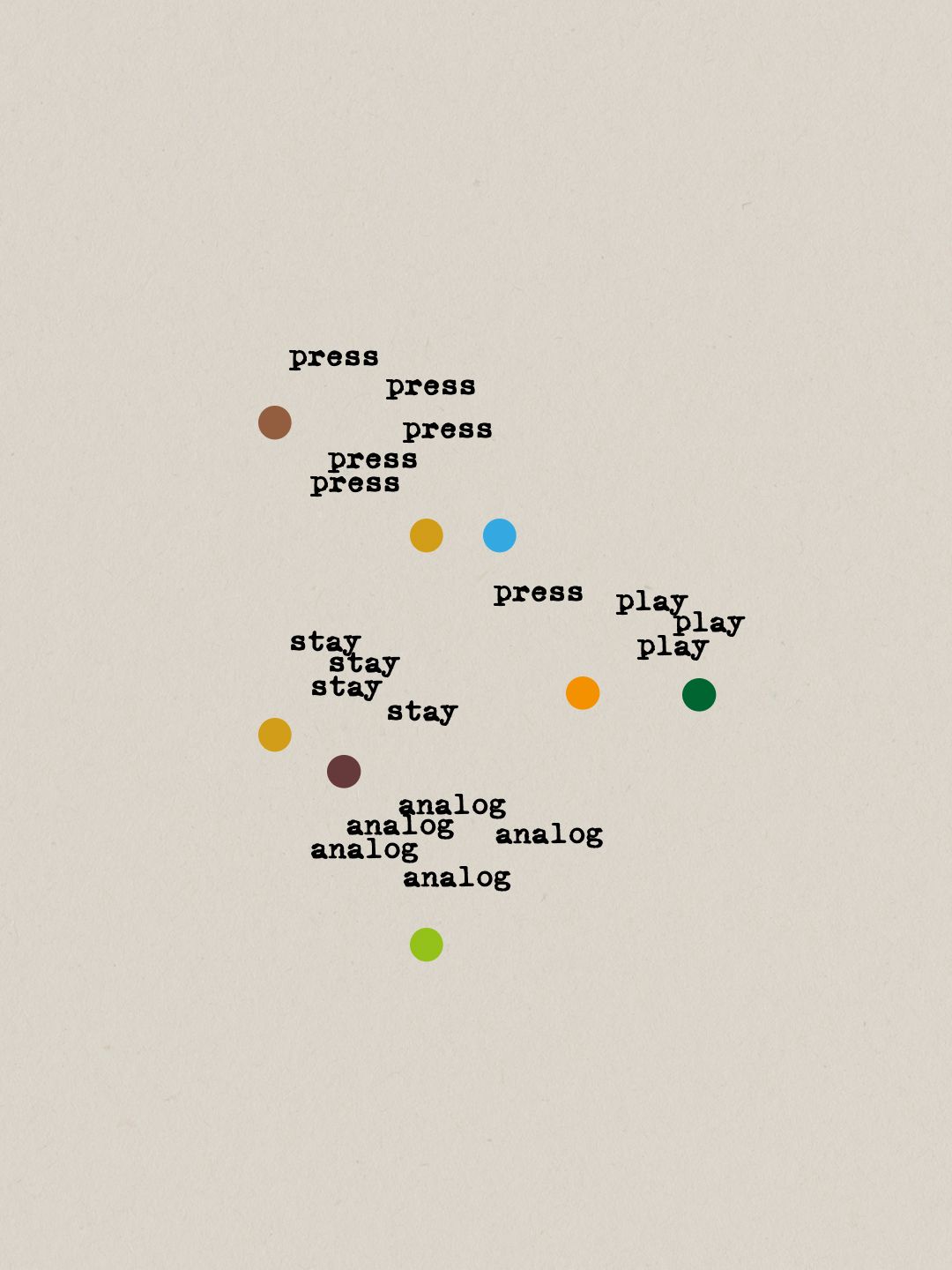
Press play. Stay analog.
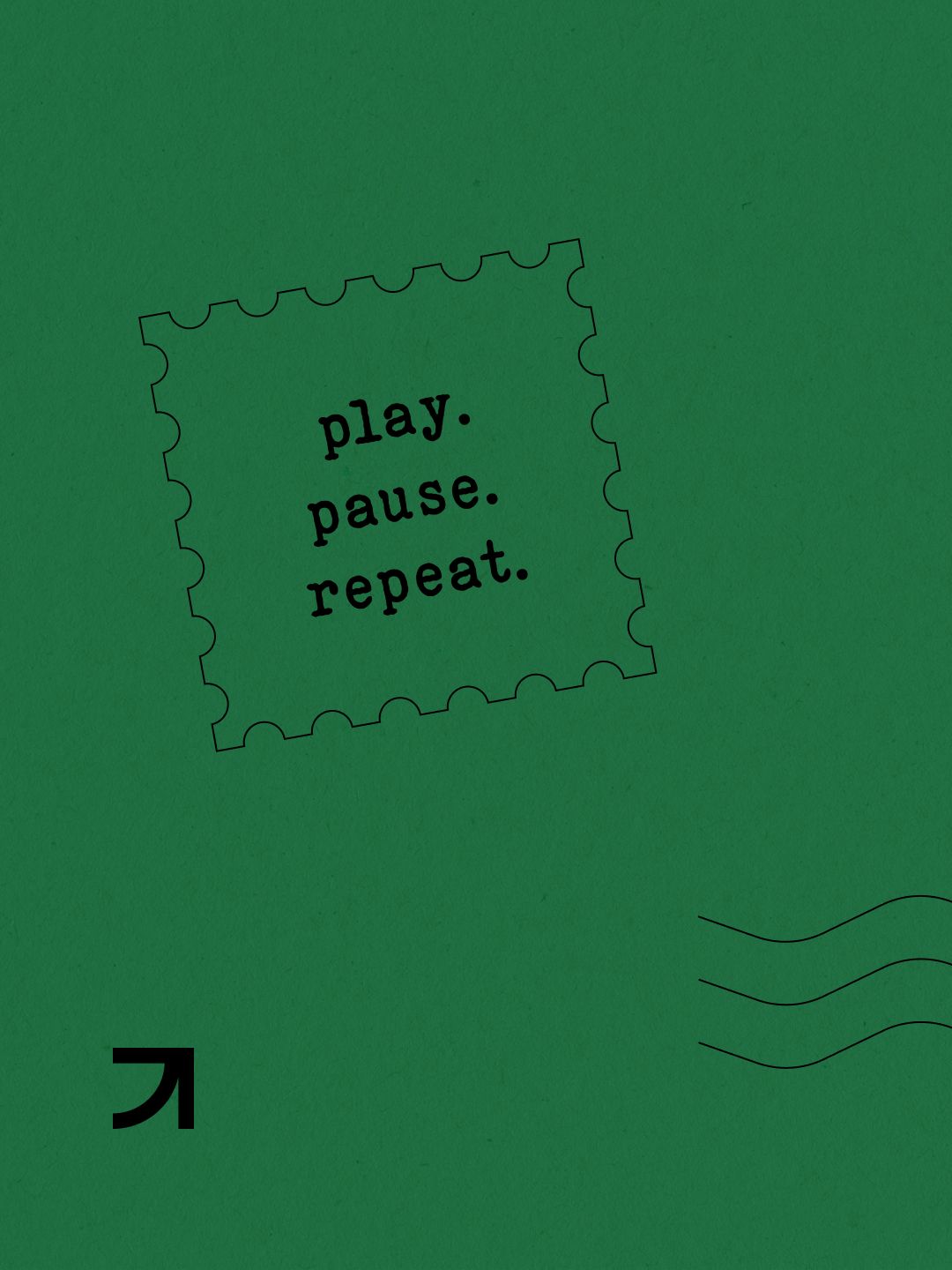
Play. Pause. Repeat.

What does the brick hide?
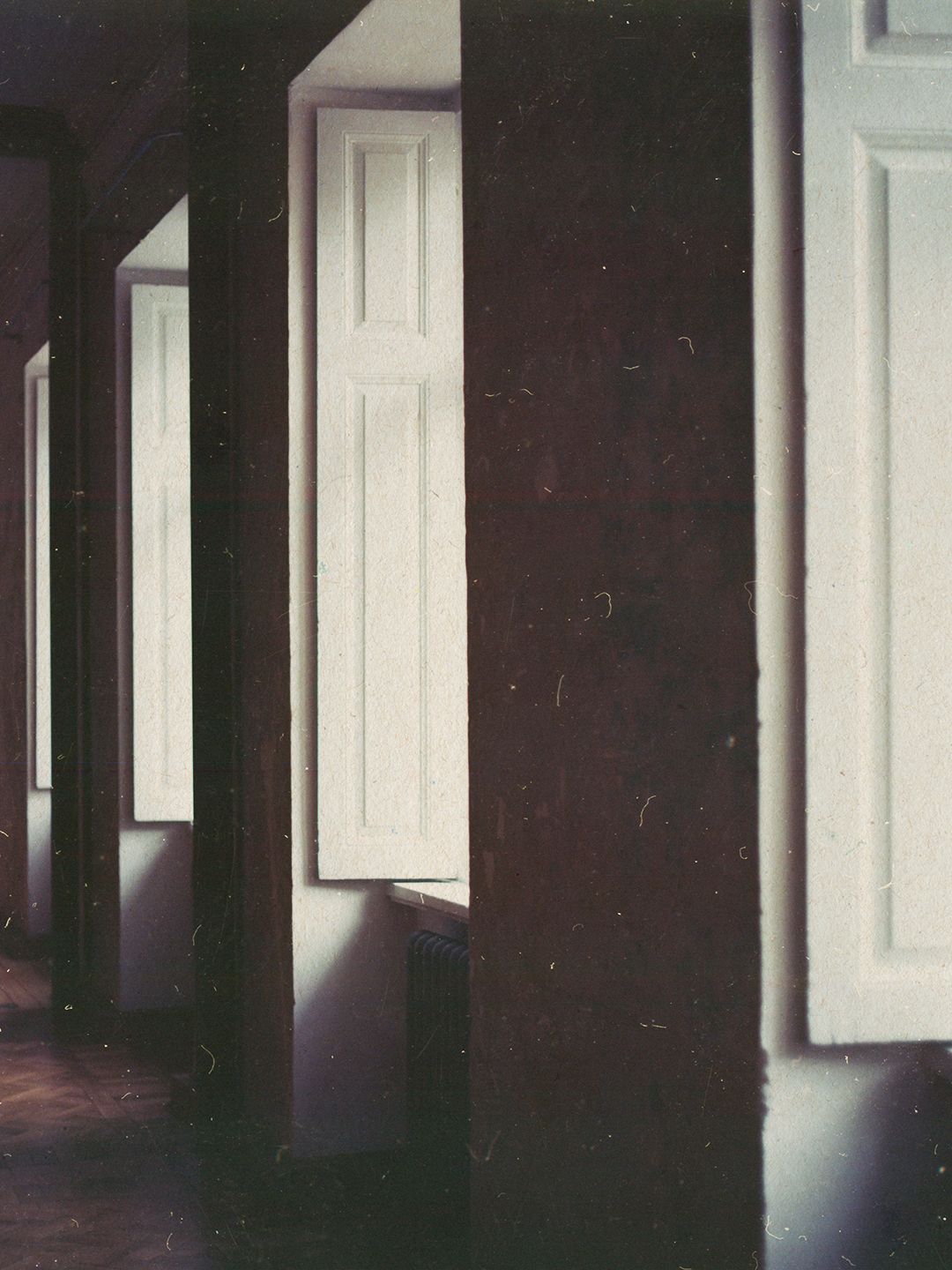
History speaks
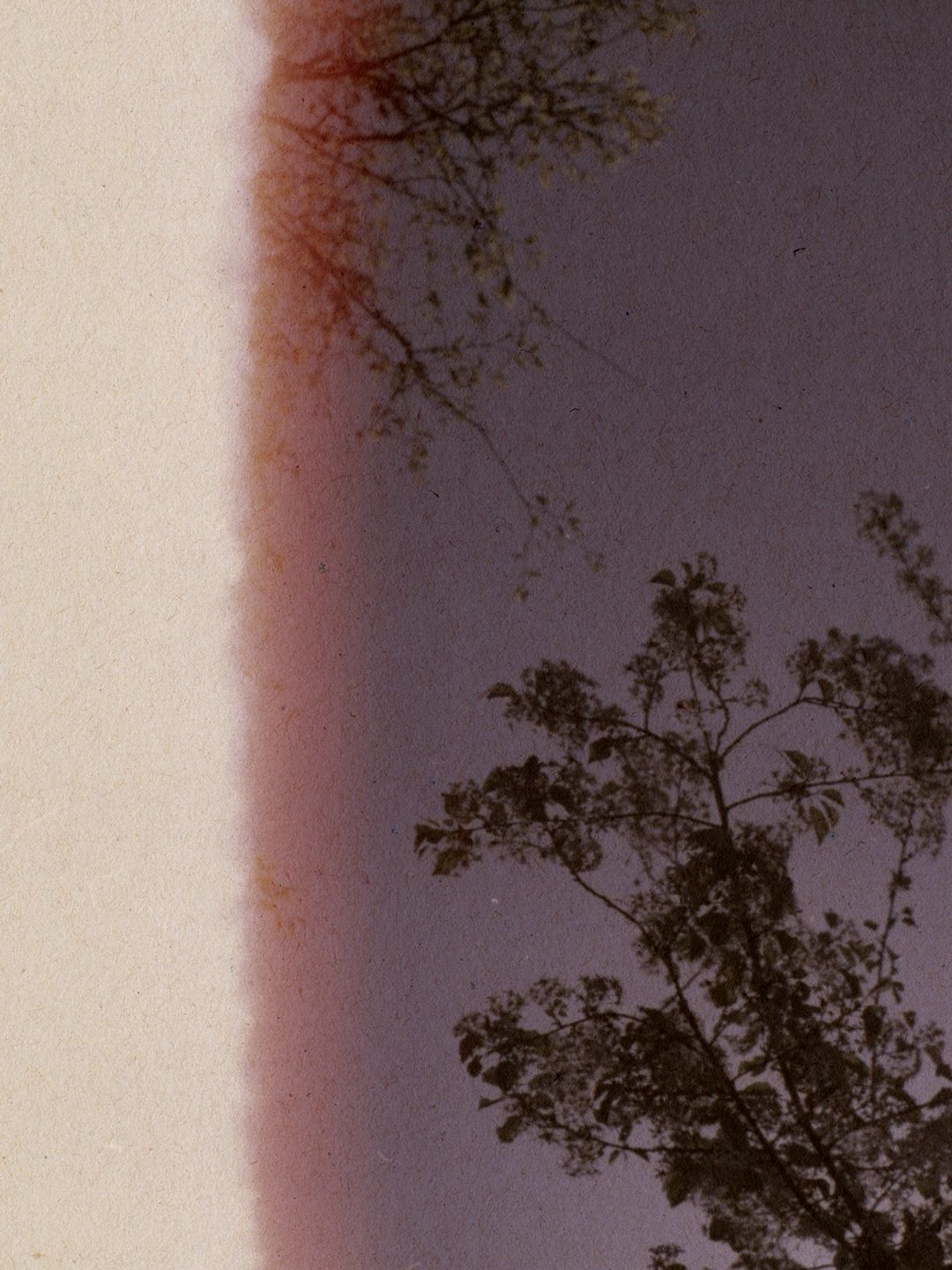
Photography isn’t just an image
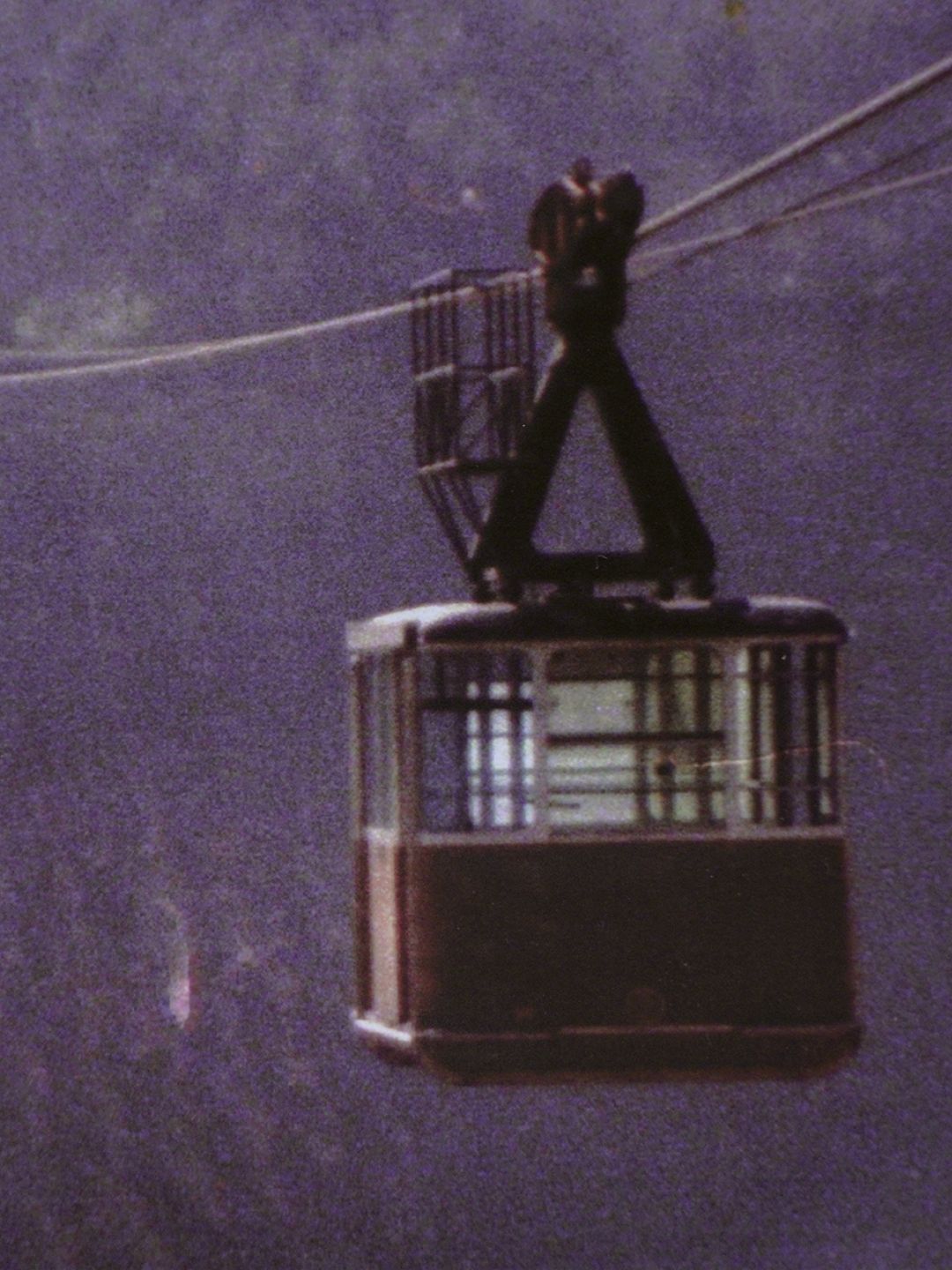
The funicular glides slowly

Black and white symphony
